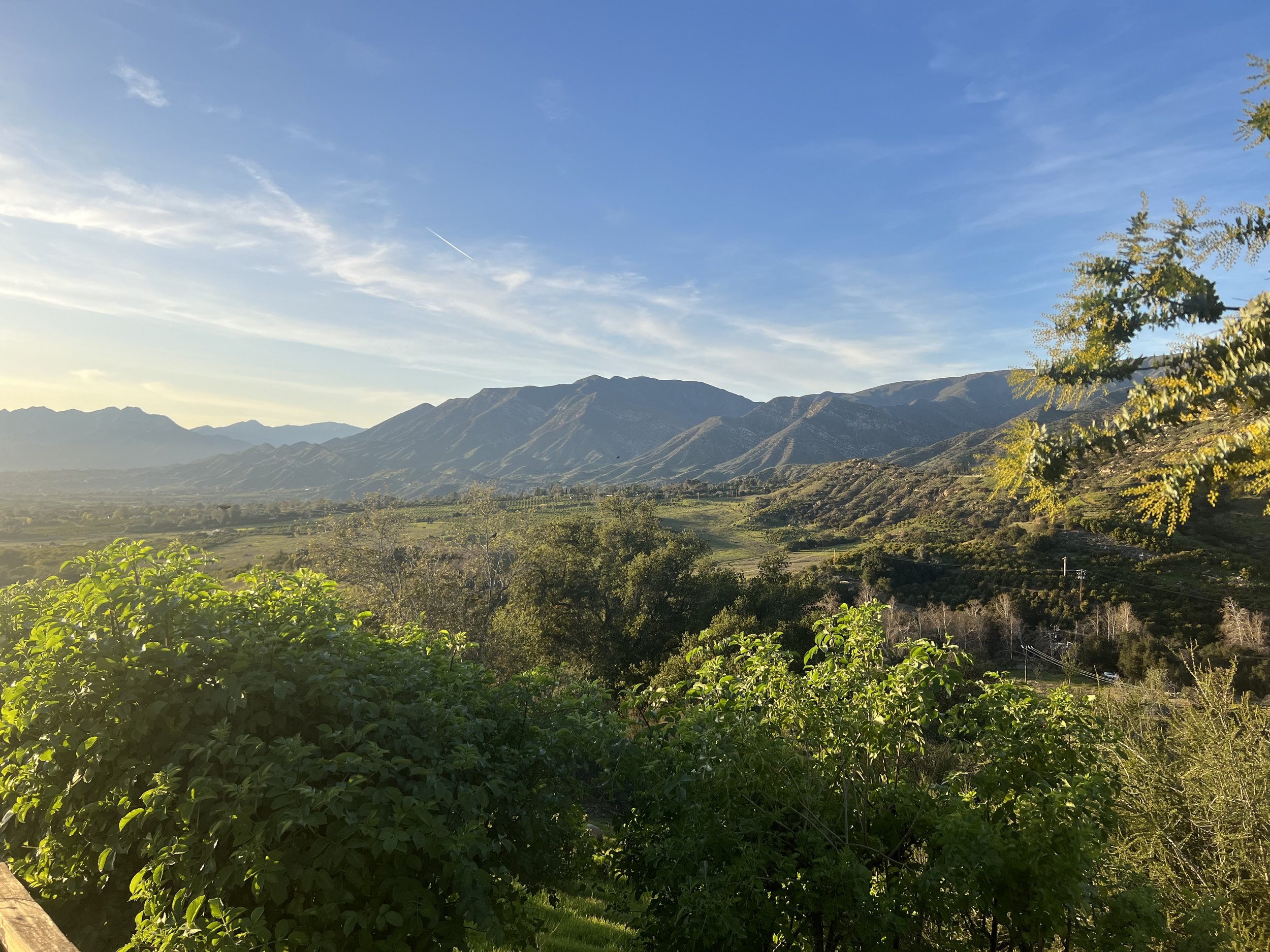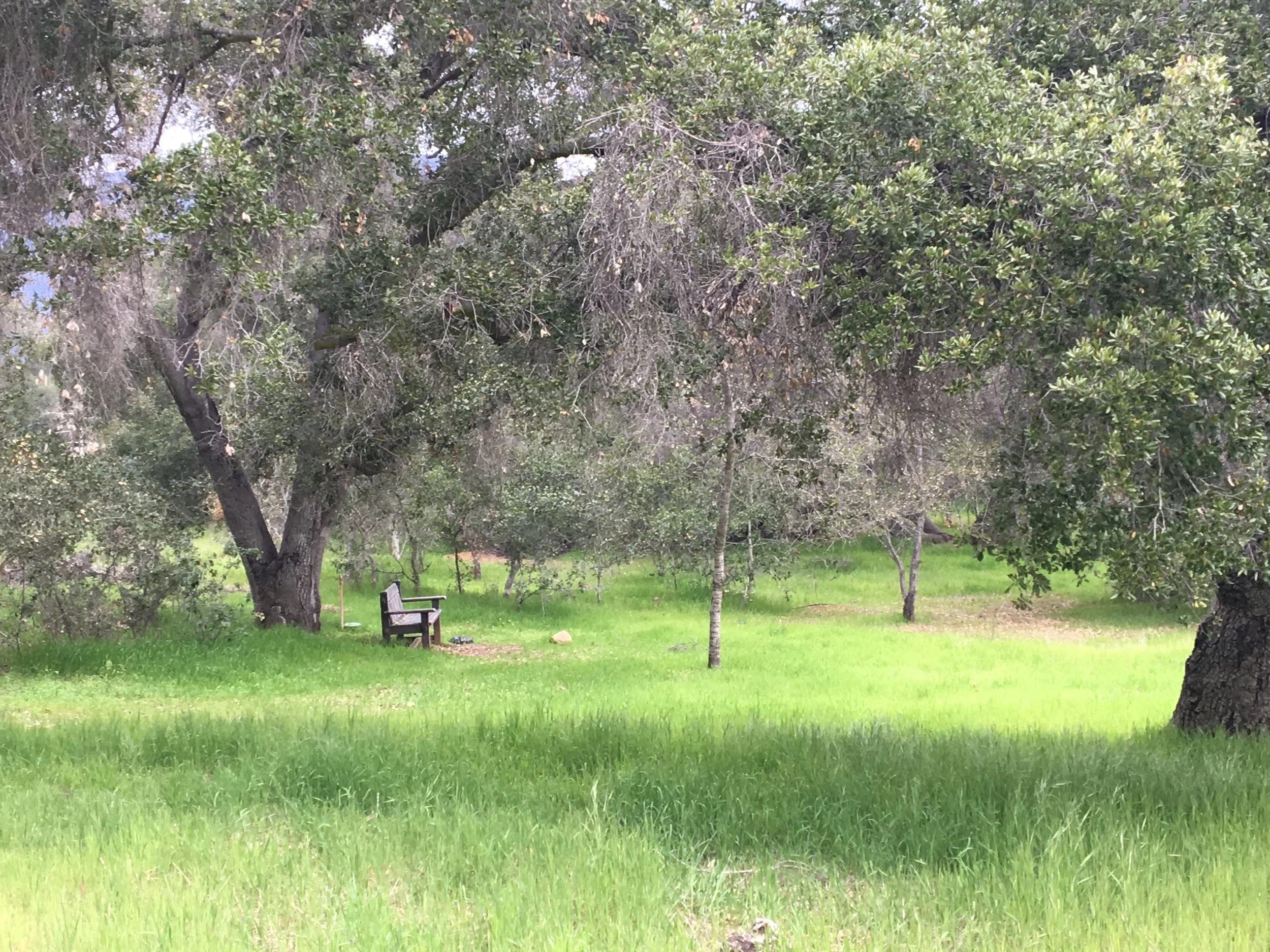
-
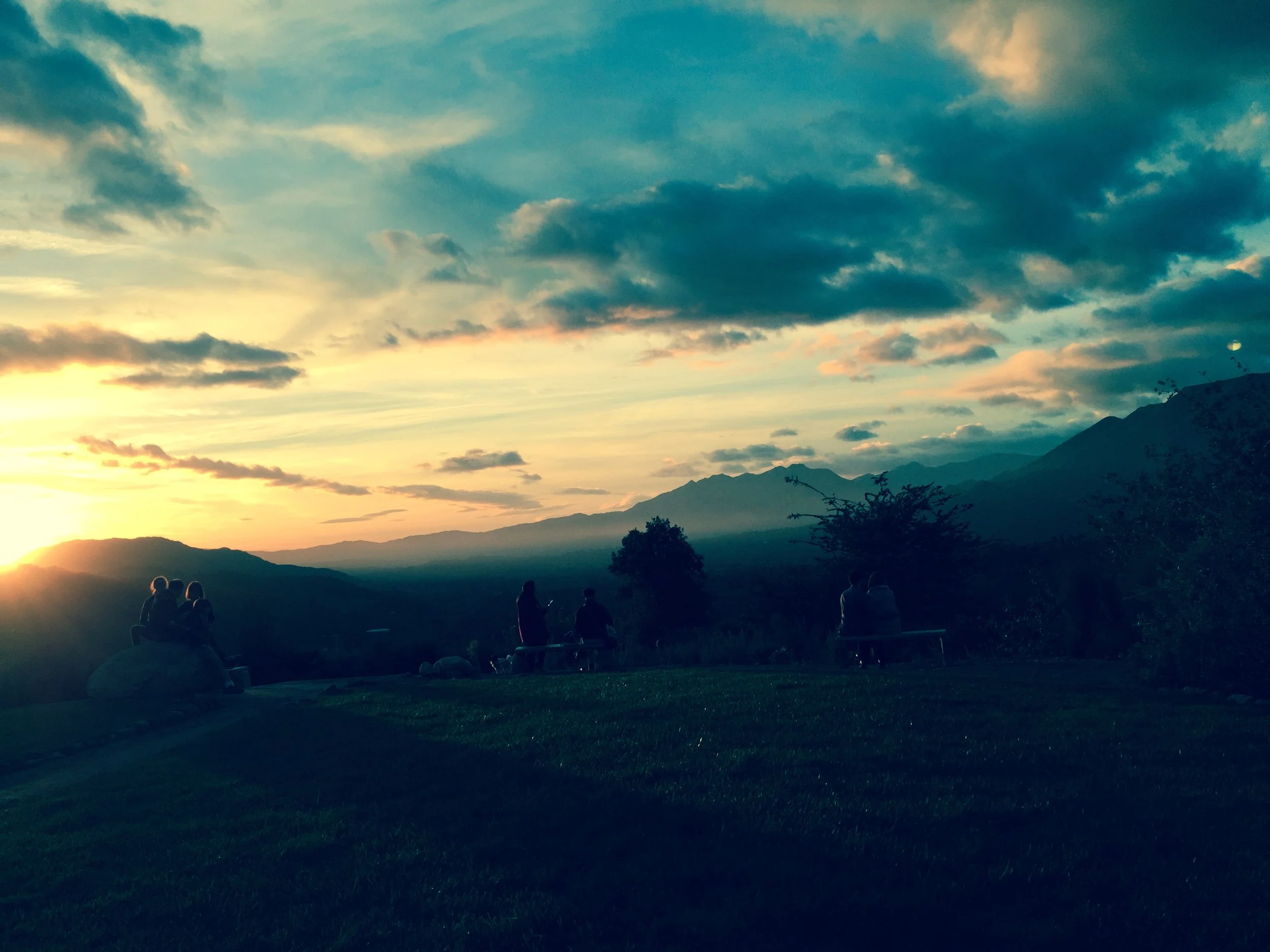
Chapter 1- Listening Anew
So, to listen differently, a new form of consciousness, a deeper, innate consciousness must be present. In rare moments, through actual experiences, man has experienced this deep, innate consciousness. At these times the real consciousness spontaneously fills the need. These are the conscious moments of resurrection, moments of rebirth. This real consciousness is of another dimension—it is beyond fear, devoid of reaction. It is directness, action, the real.
-
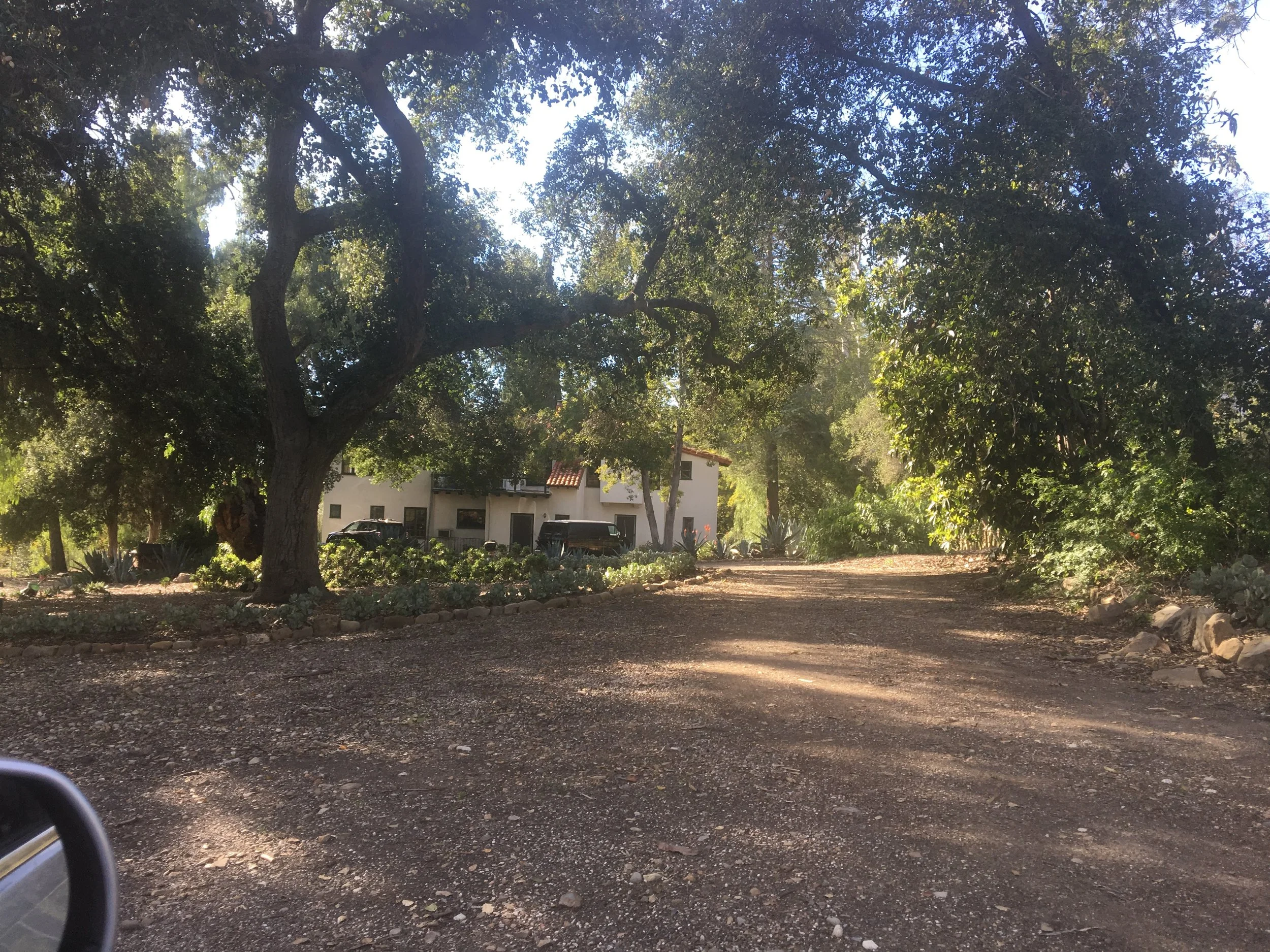
Chapter 2- Consciousness
Consciousness is the process of living and dying from moment to moment. We must understand and be the birth and death of experience as consciousness.
-

Chapter 3- Simplicity
Simplicity comes only through self-knowledge, through understanding yourself; the ways of your thinking and feeling, the movements of your thoughts, your responses, your innumerable impediments, attachments, fears, your process of sublimation, substitution, your acquisitiveness, addictions, distractions.
-
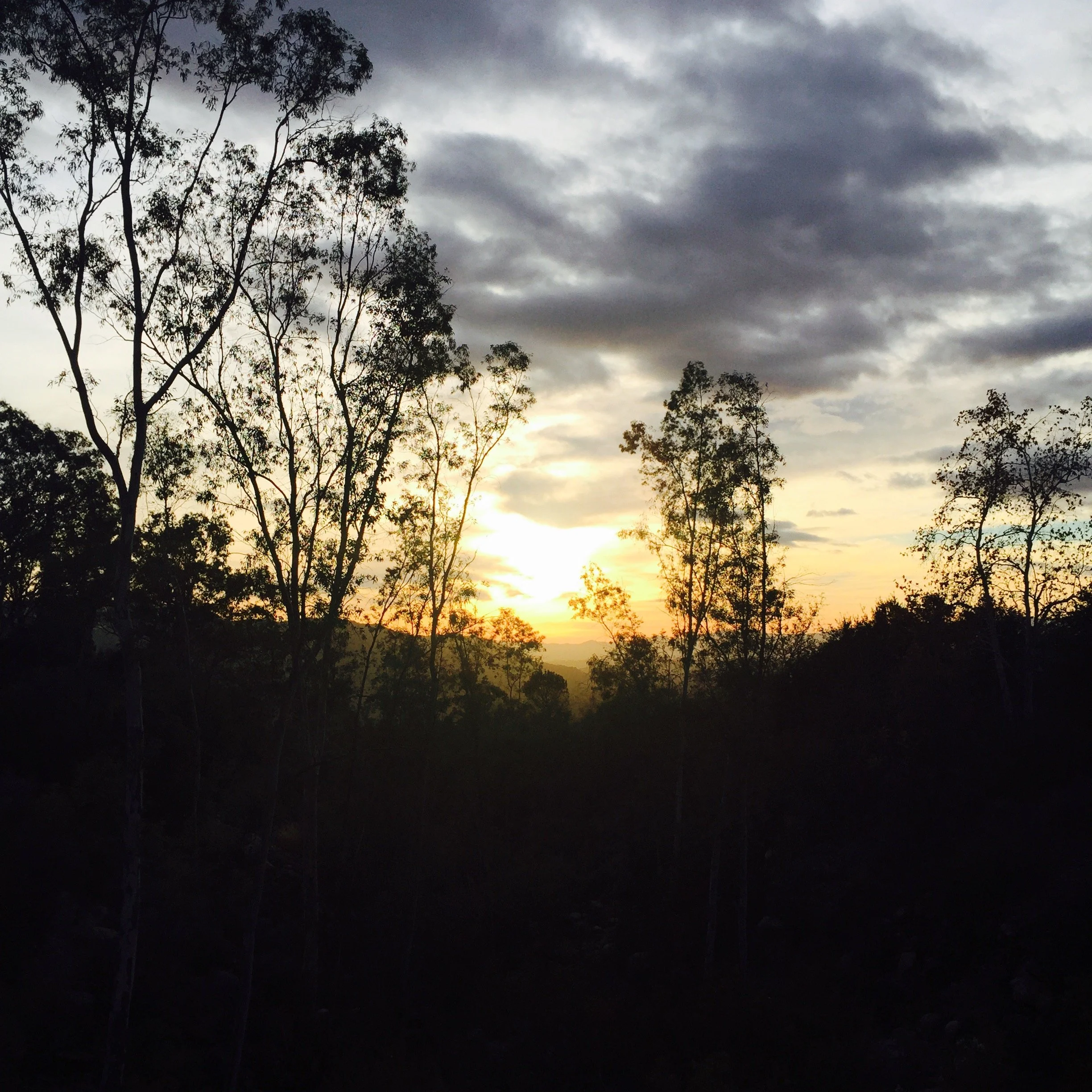
Chapter 4- Duality
One’s experience can open up to you the whole significance of completeness. You must realize inward completeness of being by becoming reflective every moment of the day. Mind in its attempt to get rid of fear cultivates the opposites. The mind divides itself, creates the dual process, a conditioned state, the result of craving.
-

Chapter 5- Individuality
The expression of creative intelligence is very rare and though it has the appearance of separative individuality, it is not individuality, but intelligence. When frustration, effort, struggle is present there is the consciousness of individuality. Where true intelligence functions there is no consciousness of individuality.
-

Chapter 6- Individual and the World
What is needed for true transformation? An inner revolution; a change of consciousness. Transformation is the only solution to the present critical state of the world. Love is the only thing that transforms. There is only one problem; it is a lack of love. This is the element that is missing in all of us.
-

Chapter 7- Authority
Dependence on authority prevents your understanding of any problem. Every problem is a new problem. Problems are invariably self -induce; therefor it is important to understand the whole process of yourself without authority, without following a pattern or looking up to an example, an ideal, or a leader. Self-knowledge is the beginning of the end of all conflict, and it is only when conflict ceases that there can be creative living.
-

Chapter 8- Mind
The mind, which is intelligent, does not seek security. It reveals to itself its own fears and wants. Out of this arises integral awareness of its impermanency. This recognition alone can set the mind free from its self-created bondage.
-
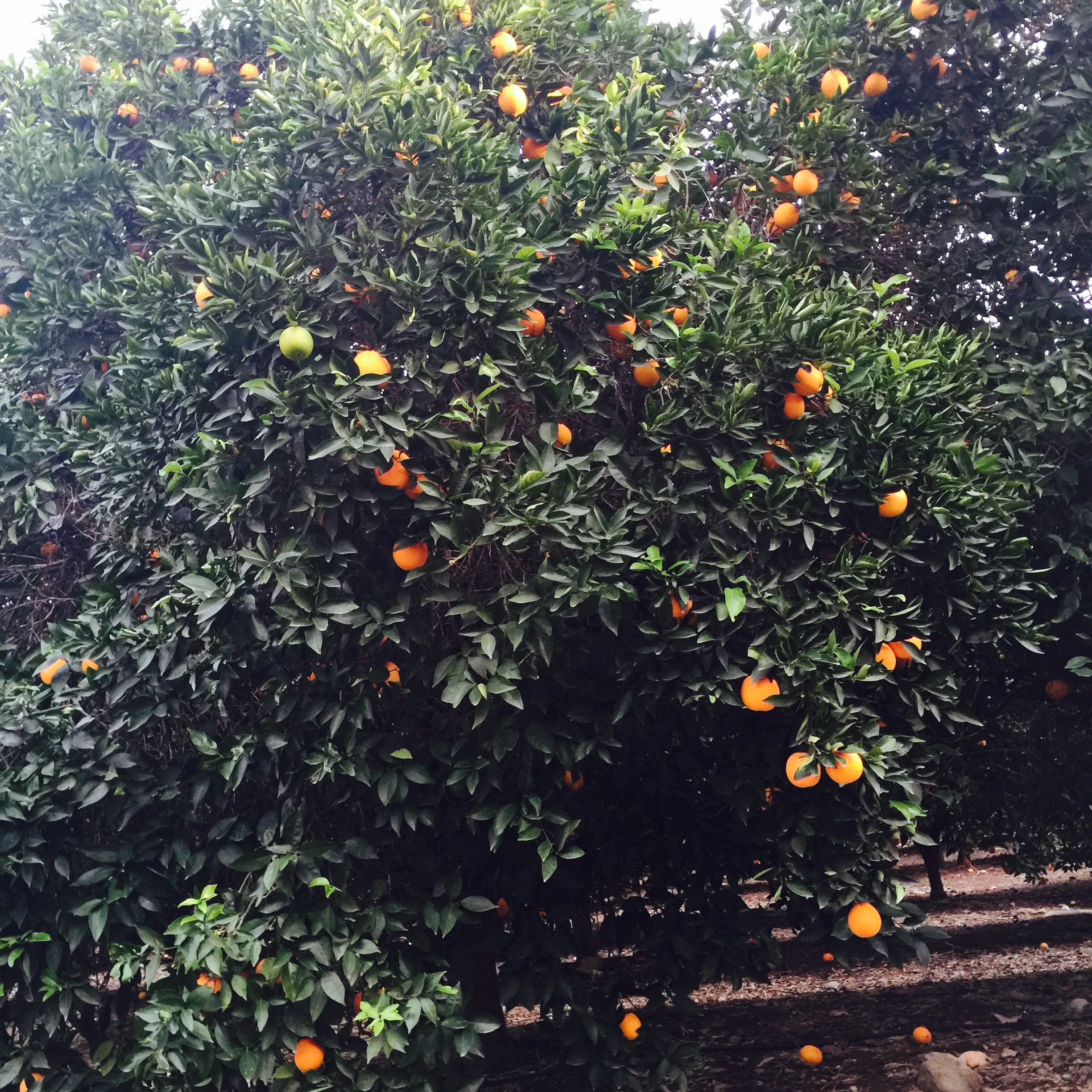
Chapter 9- Thought process
Man’s psychological use of the “I,” the thinker identity, is as old as his awakening of consciousness, and it has become the destructive center to which he now clings. From this primitive beginning to the present, man has continued and elaborated this center, the “I,” and has become this thinking-feeling process of self-centered interest.
-

Chapter 10- New Approach
What is the new approach, which will lead us to the central problem? The barrier to a new approach is our conditioned thinking. What you and I are is the outcome of many yesterdays. We are the total summation of the past. We do not meet life without conditioning, conditioning being knowledge, experience, belief, tradition, identification with a particular party, group or nation, race, ideology, and so on. We meet life with a particular background and training, with experiences. We have such an accumulation of knowledge, so many prejudices, so many ideologies, so many beliefs to which we cling.
-
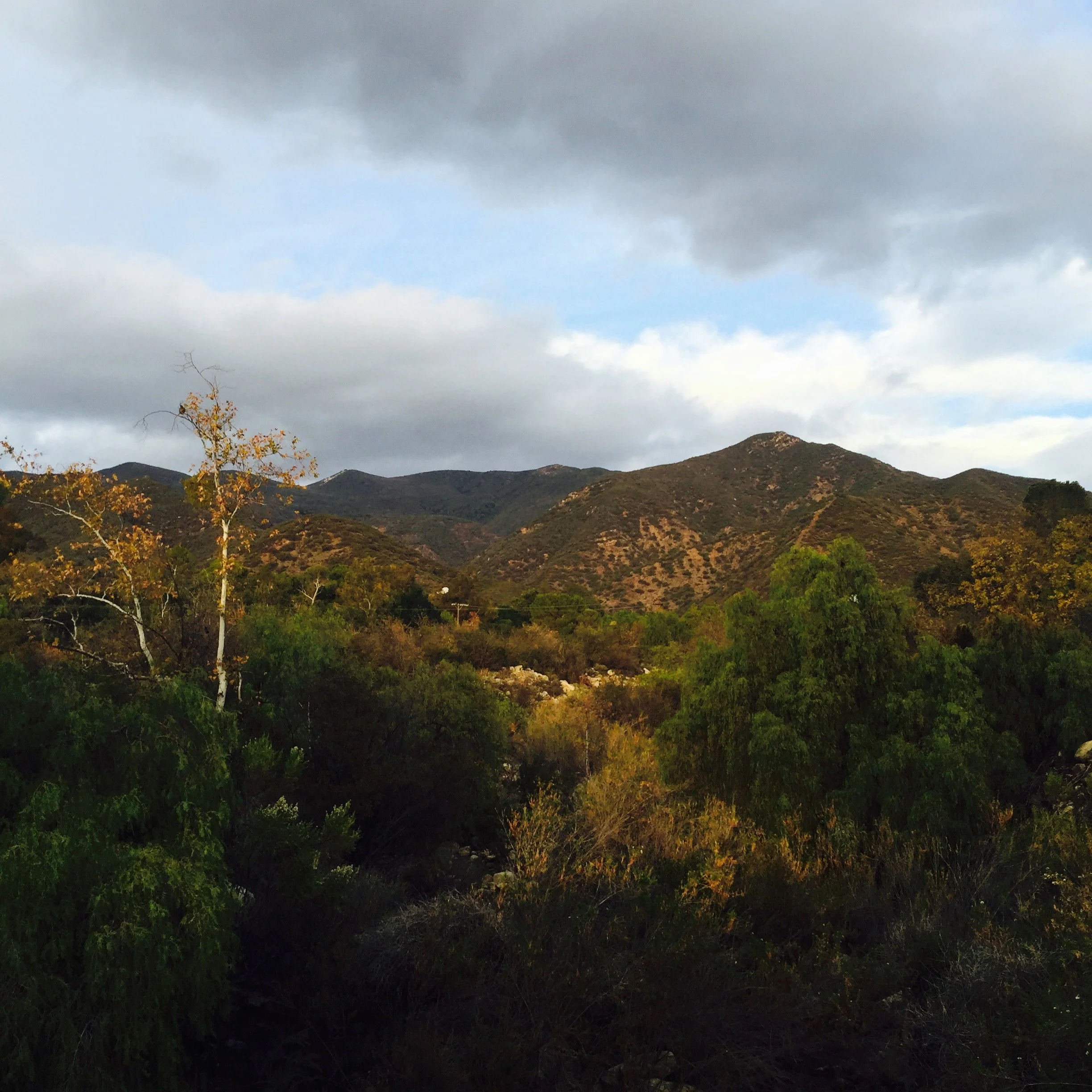
Chapter 11- Suffering
Suffering is a shock to awaken you, to help you to understand life. Whatever gives a great shock, which you call suffering, will keep you awake to meet life fully, if you do not seek an escape from it. It will help you to discard the many illusions that you have created about yourself. It is not only suffering or conflict that keeps you awake. Anything that gives you a shock, should make you question the false standards and values that you have created in your search for security.
-
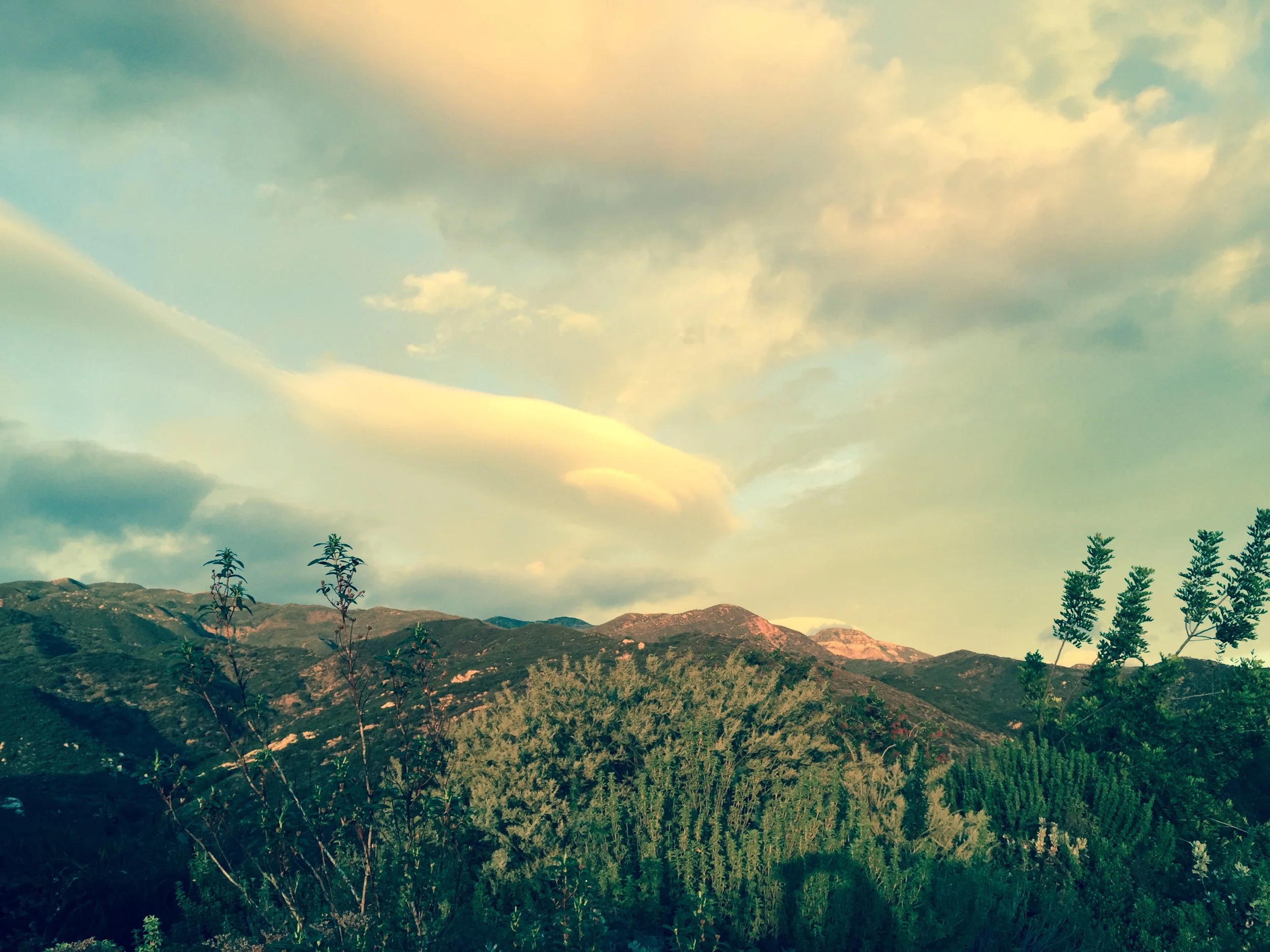
Chapter 12- Conflict
Conflict arises between the permanent and impermanent quality of resistance. Resistance perpetuates itself through acquisitiveness, through ignorance, through conscious and unconscious craving for experience. What you call the permanent is part of resistance itself, and so part of conflict. The thing that the mind clings to as the permanent is in its very essence the transient. It is the outcome of ignorance, fear, craving.
-
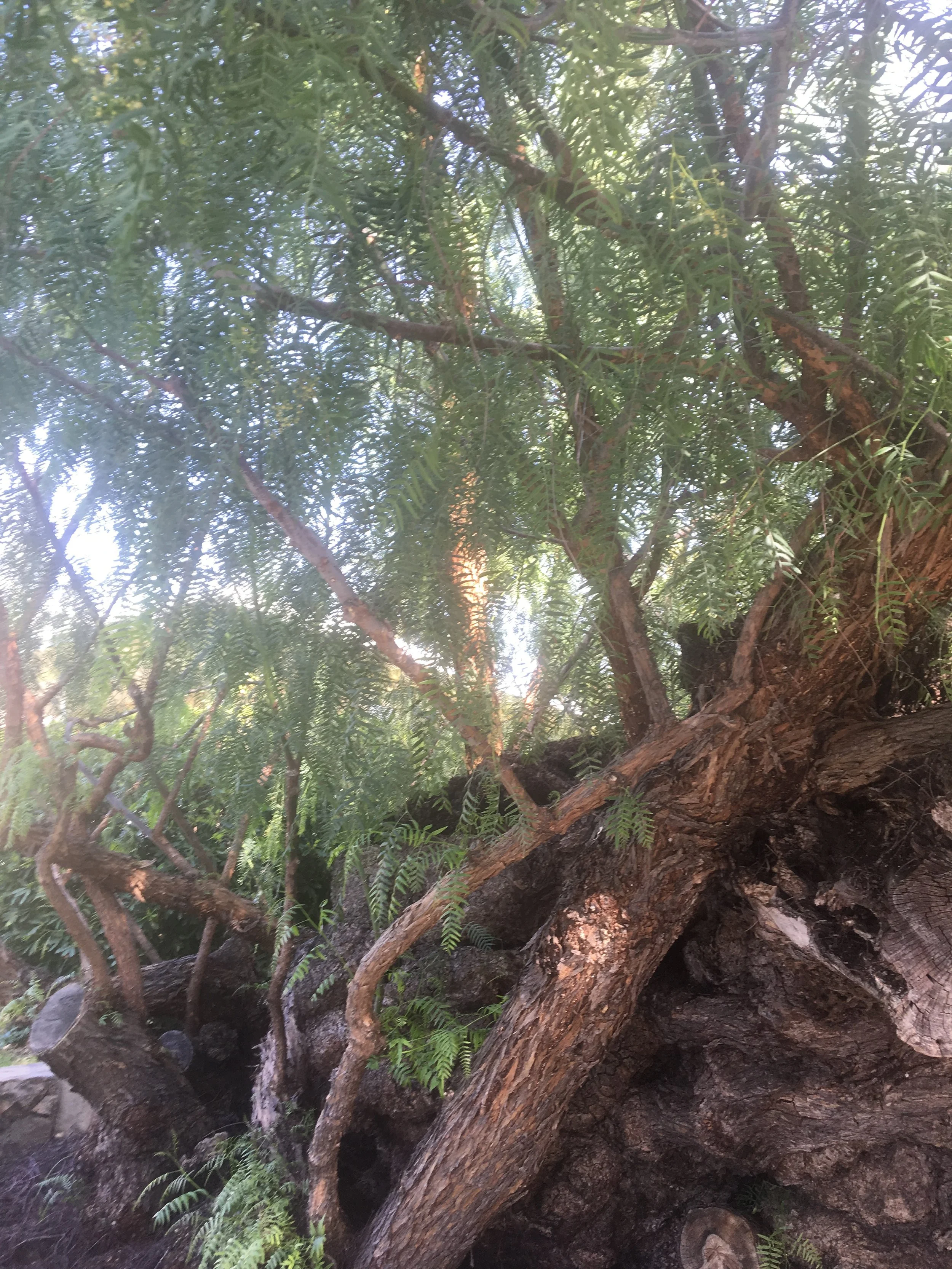
Chapter 13- Mistaken Identities
To understand yourself, your self-identification, there must be constant awareness. Awareness will bring to the surface the causes of violence and hatred, greed and ambition. By studying them without identification, they will be transcended. The more you are aware of your thought-feelings, the more you become detached. And the less you identify, the greater the self-knowledge. It is this self-knowledge that dissolves ignorance and sorrow.
-

Chapter 14- Conditioning
Blessedness is ever in the present, and to experience it requires constant interest and awareness. Peace is in the present, but to understand it one must not be concerned with time. Blessedness is not a reward. One has to be alert, aware, in a state of continual understanding, never letting one thought or word pass by without seeing its significance. This state of awareness is happiness
-

Chapter 15- Emptiness
Emptiness results when action (reaction) is born of choice. Emptiness is action born of choice, in search of gain. Emptiness is poverty of being, shallowness, insufficiency, incompleteness, loneliness. When the mind is conscious of its incompleteness it tries to escape from it and therefore creates an opposite.
-

Chapter 16- Values
So how is one to awaken intelligence? What happens in moments of great crisis? In that rich moment when memory is not present, in that acute, intense awareness of the circumstance, of the environment, there is perception of what is true. You have this perception in moments of crisis. You are fully conscious of all circumstances, of the condition about you. You are also aware that mind cannot find the answer. In that intensely acute crisis, intelligence functions and there is spontaneous understanding.
-
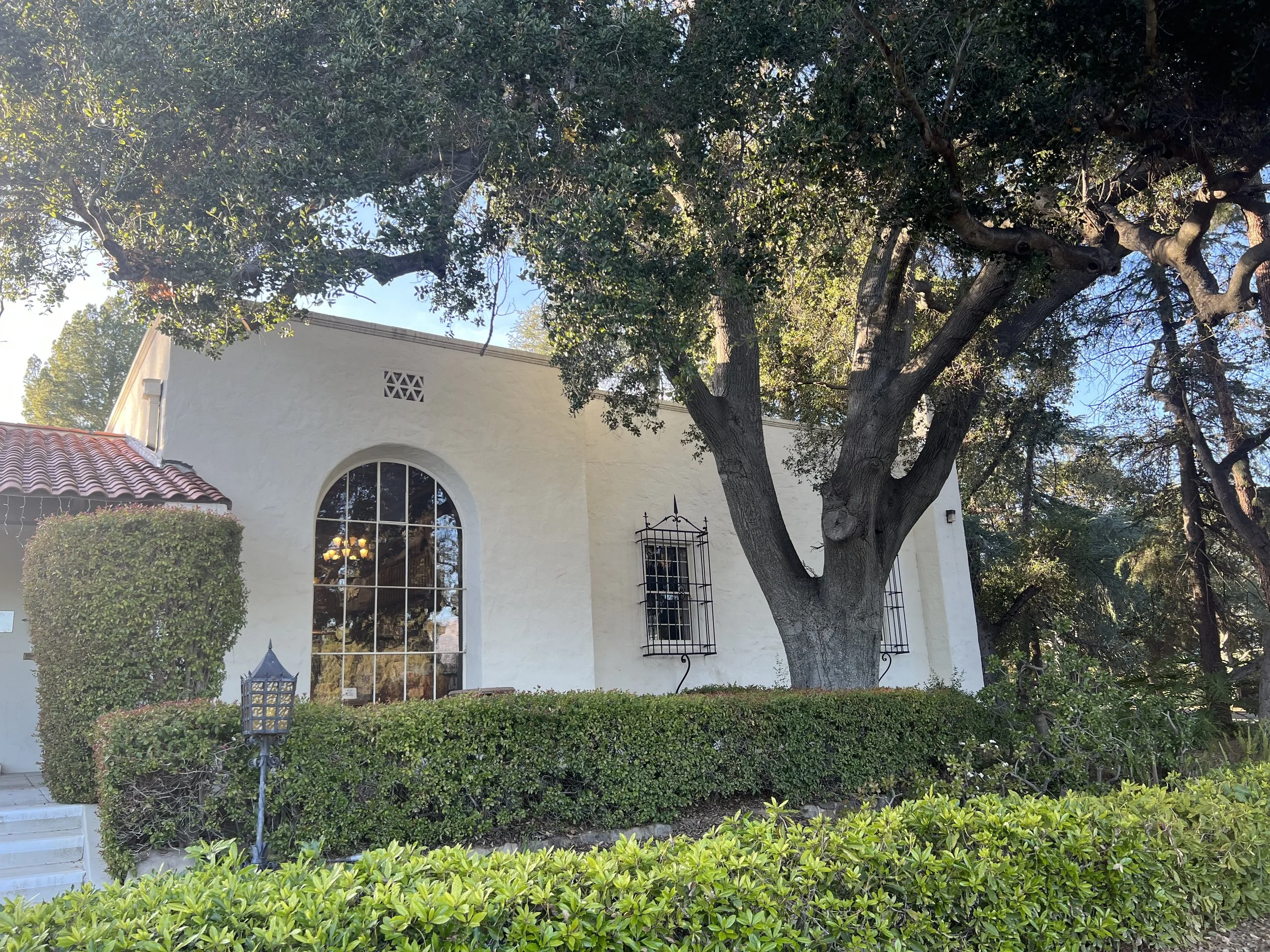
Chapter 17- Ideals
Happiness is creative thinking; and creative thinking is the infinite movement of thought, emotion and action. When thought, which is emotion, which is action itself, is unimpeded in its movement, is not compelled or influenced or bound by an idea, and does not proceed from the background of tradition or habit, then that movement is creative. Then there is happiness. The state of awareness is happiness.
-
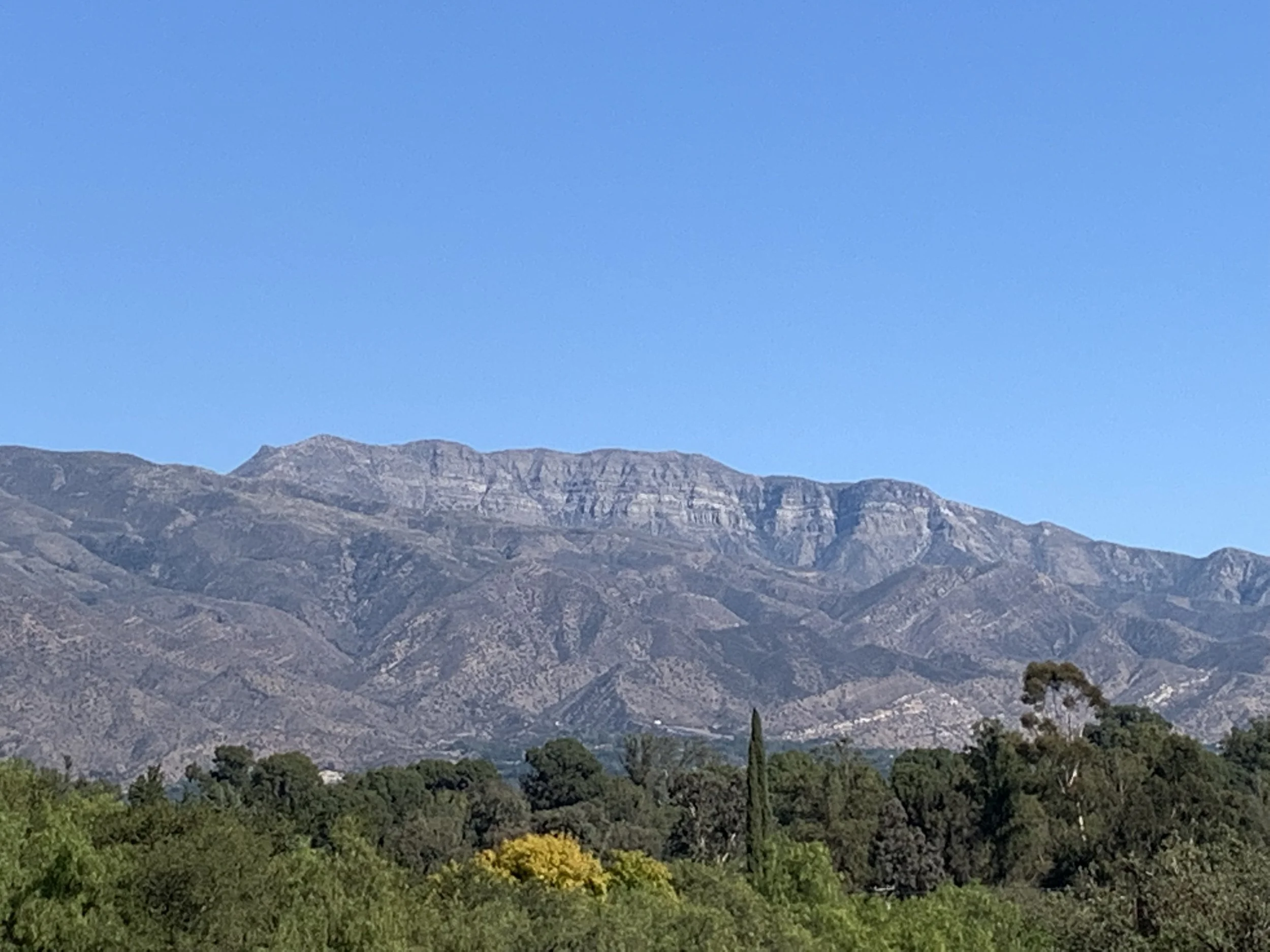
Chapter 18- Effort
Right effort means that you become conscious of the false effort you are now making. You become aware of the background; you perceive how each moment thought is modifying itself through its own volitional activities born of ignorance and fear.Being in a state of conflict and at the same time seeking no remedy or escape, brings about integral thought. This is right effort. Effortless being is perfection, for in that there is no self-consciousness.
-
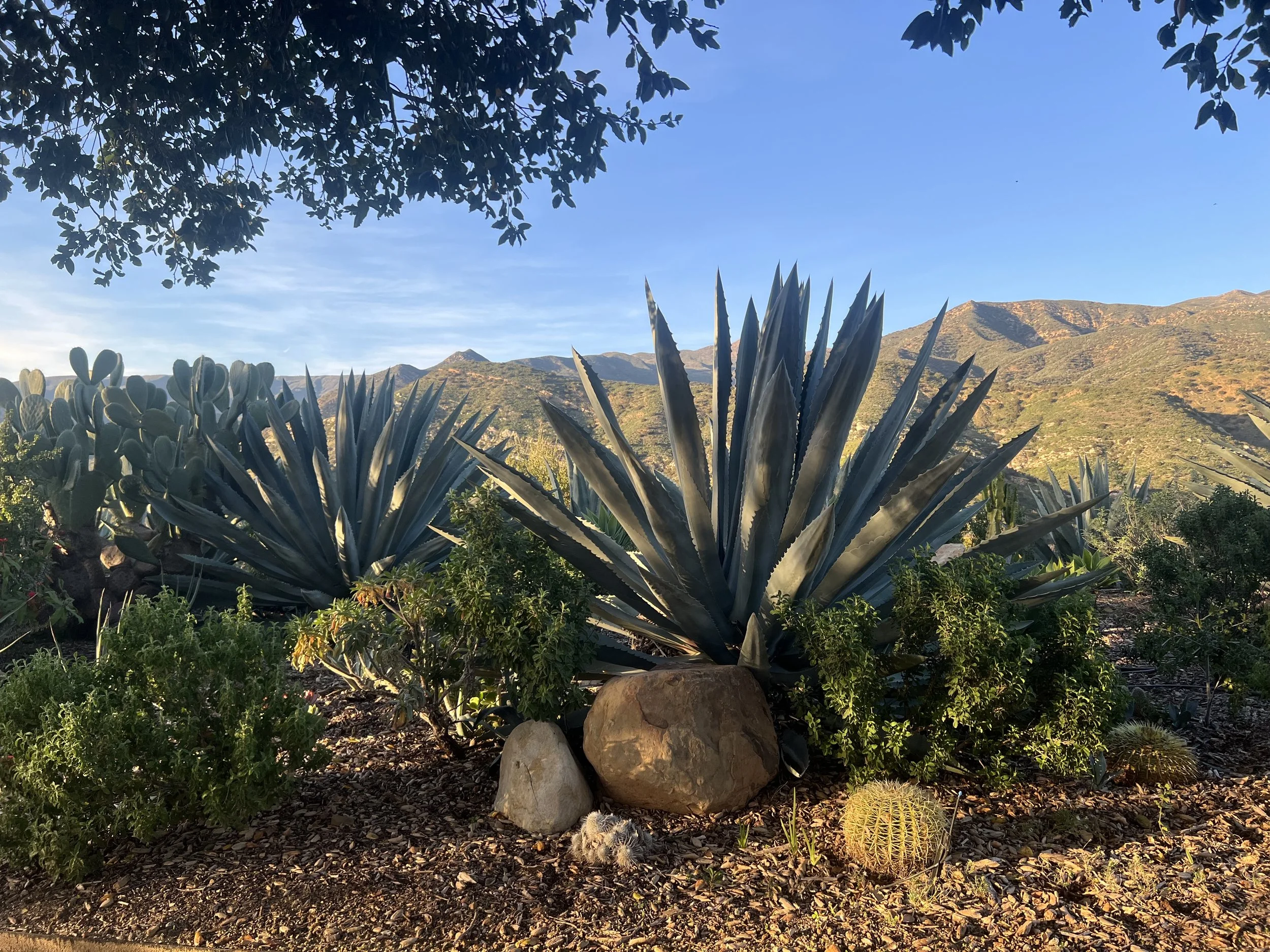
Chapter 19- Relationship
Where there is love there is no conflict in relationship. It is only in a state of resistance that there can be opposites, conflicts. If you understand this, then you will see that the problem isn’t a question of your resistance in conflict with another, but how this resistance came into being and how it is to be dissolved.
-
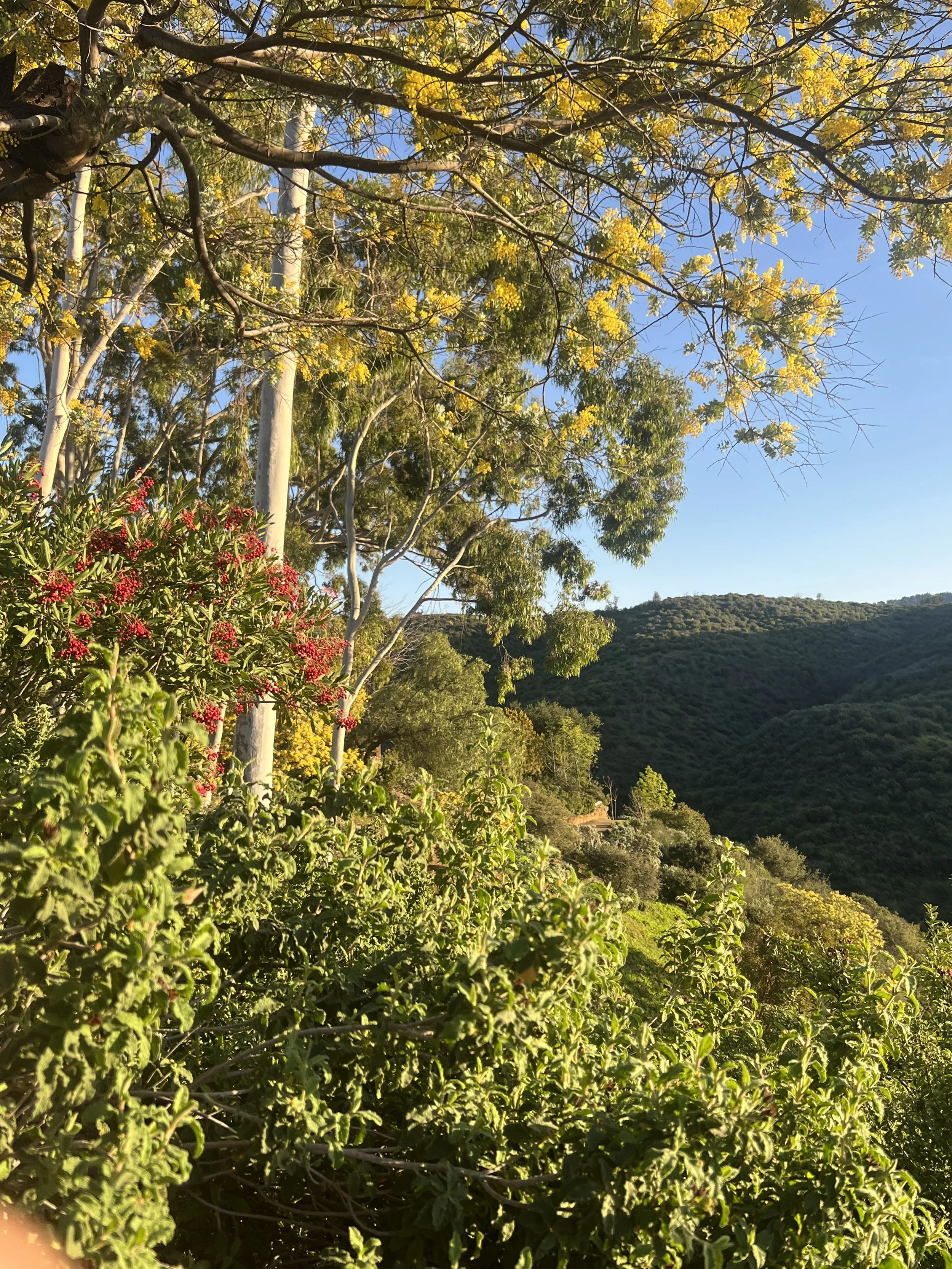
Chapter 20- Environment
In deeply discerning the process of fear, there is the awakening of intelligence, which brings about right conduct. Compulsion of any kind, whether externally or voluntarily imposed, cannot awaken intelligence. Imposition is the outcome of fear. Where there is fear, there cannot be intelligence. When there is freedom from fear there is no sense of discipline but the spontaneous adjustment to life.
-
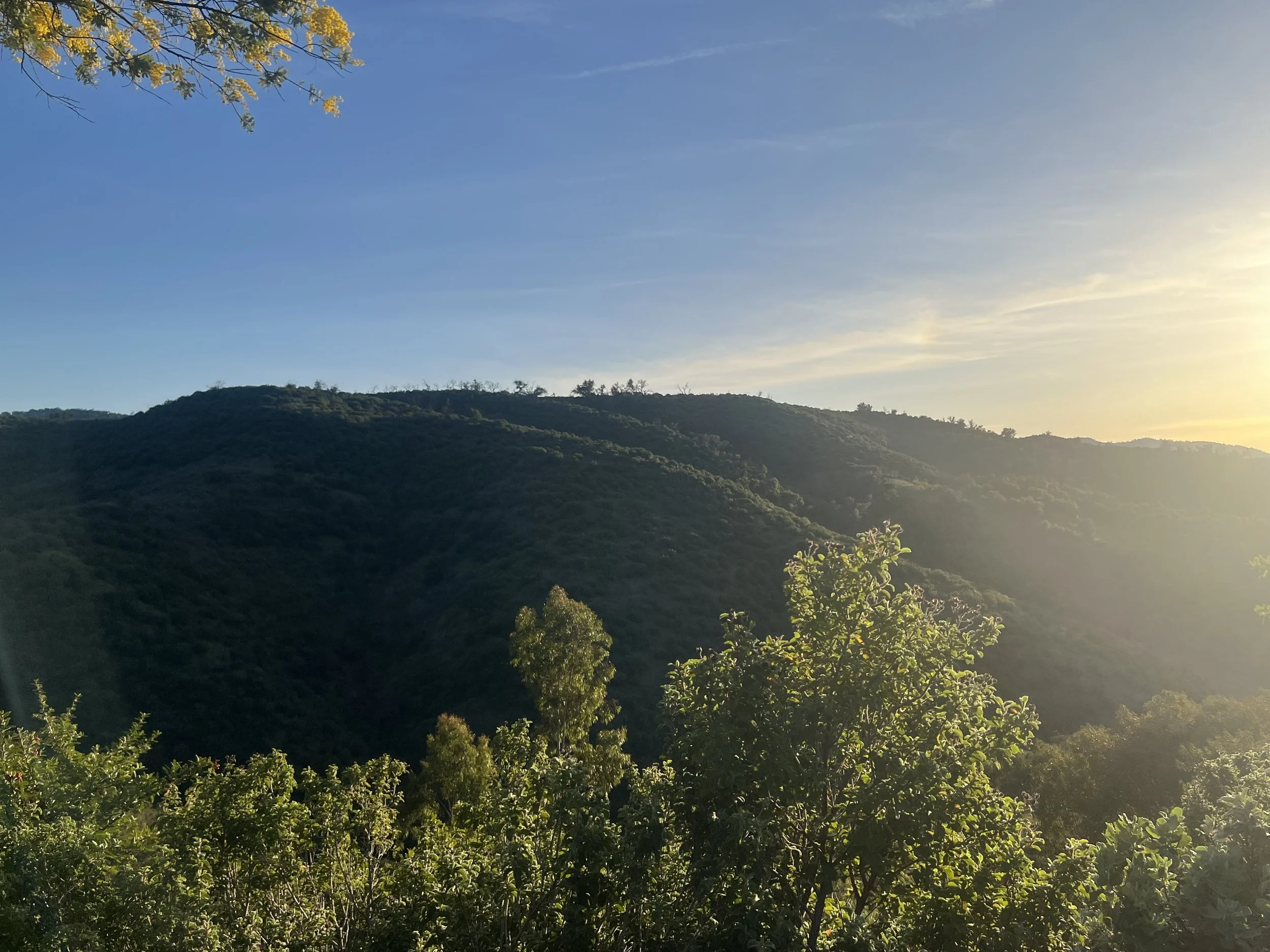
Chapter 21- Memory and Time
When you meet an experience fully, completely, without bias or prejudice, it leaves no scar of psychological memory. The factual components of memory will remain, but the psychological thought-feeling reactions will be absent; there will be no carryover, no continuance of psychological substance or motivation for future use. No psychological memory of that experience will remain to direct, control, limit and take over action.
-
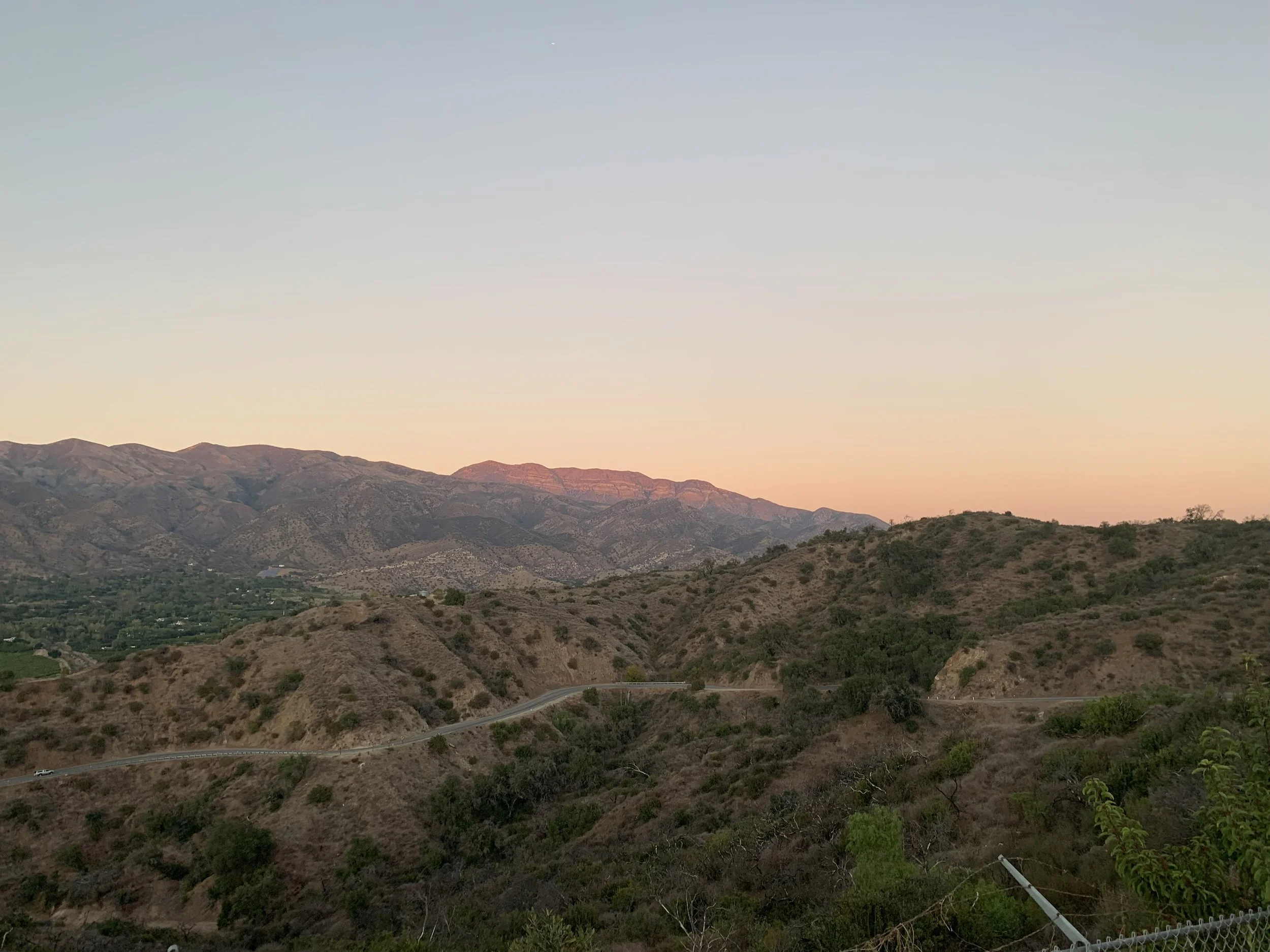
Chapter 22- Self-Knowledge
The understanding of oneself and others is not fulfilled by gathering knowledge about the function of the psychological mind, but is an understanding that comes of its own, outside the domain of the intellect. And to discover what is beyond thought, beyond the intellect, beyond memory, psychological thought and feeling must come to an end.
-
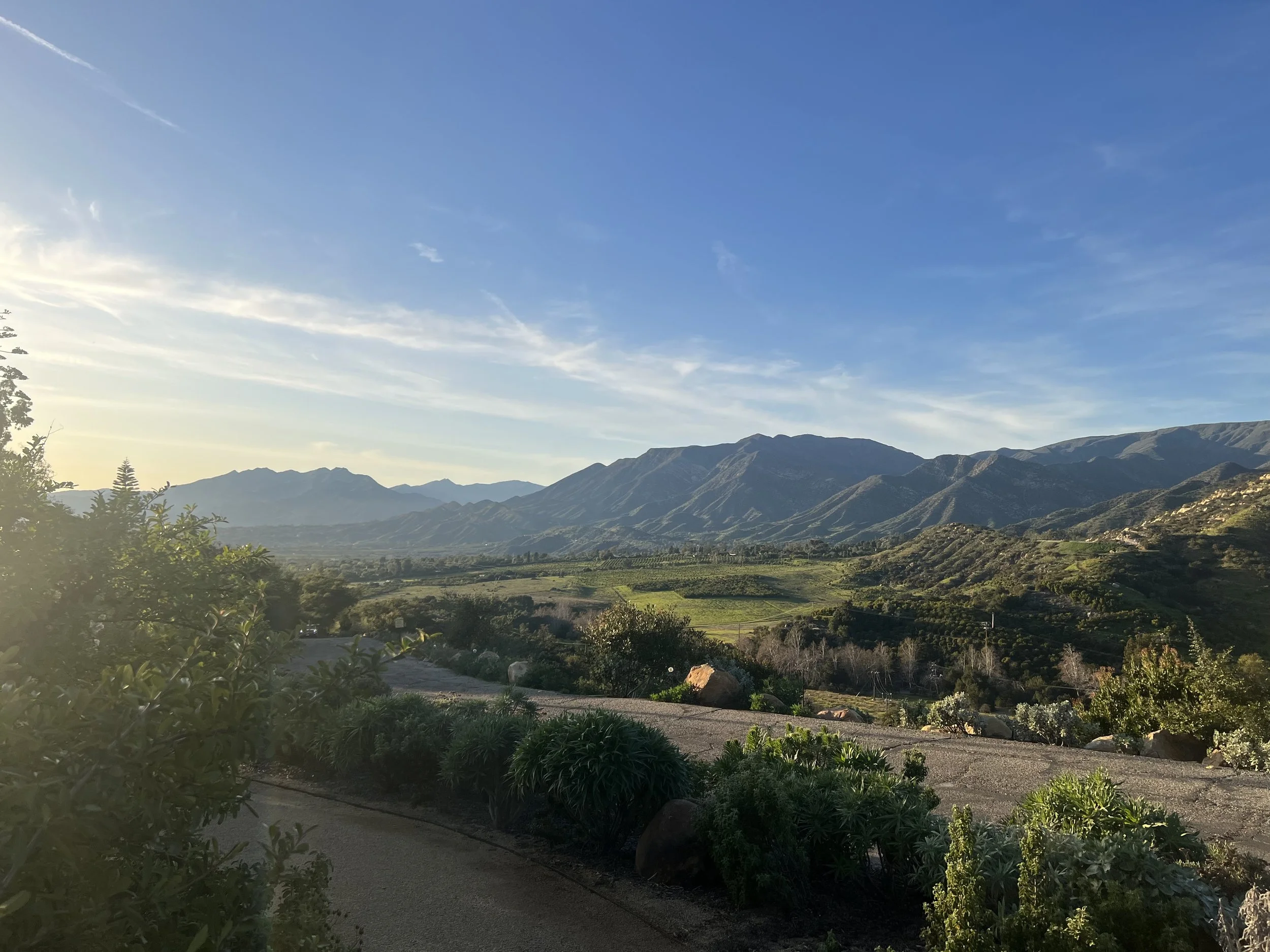
Chapter 23- Security
When you discover, not theoretically but actually, when you directly experience attachment to a belief, to a particular idea or formula, then you will see that there comes a freedom from that particular form of security. And in that state of uncertainty, which is not isolation, which is not fear, there is creative being. Uncertainty is essential for creative being.
-
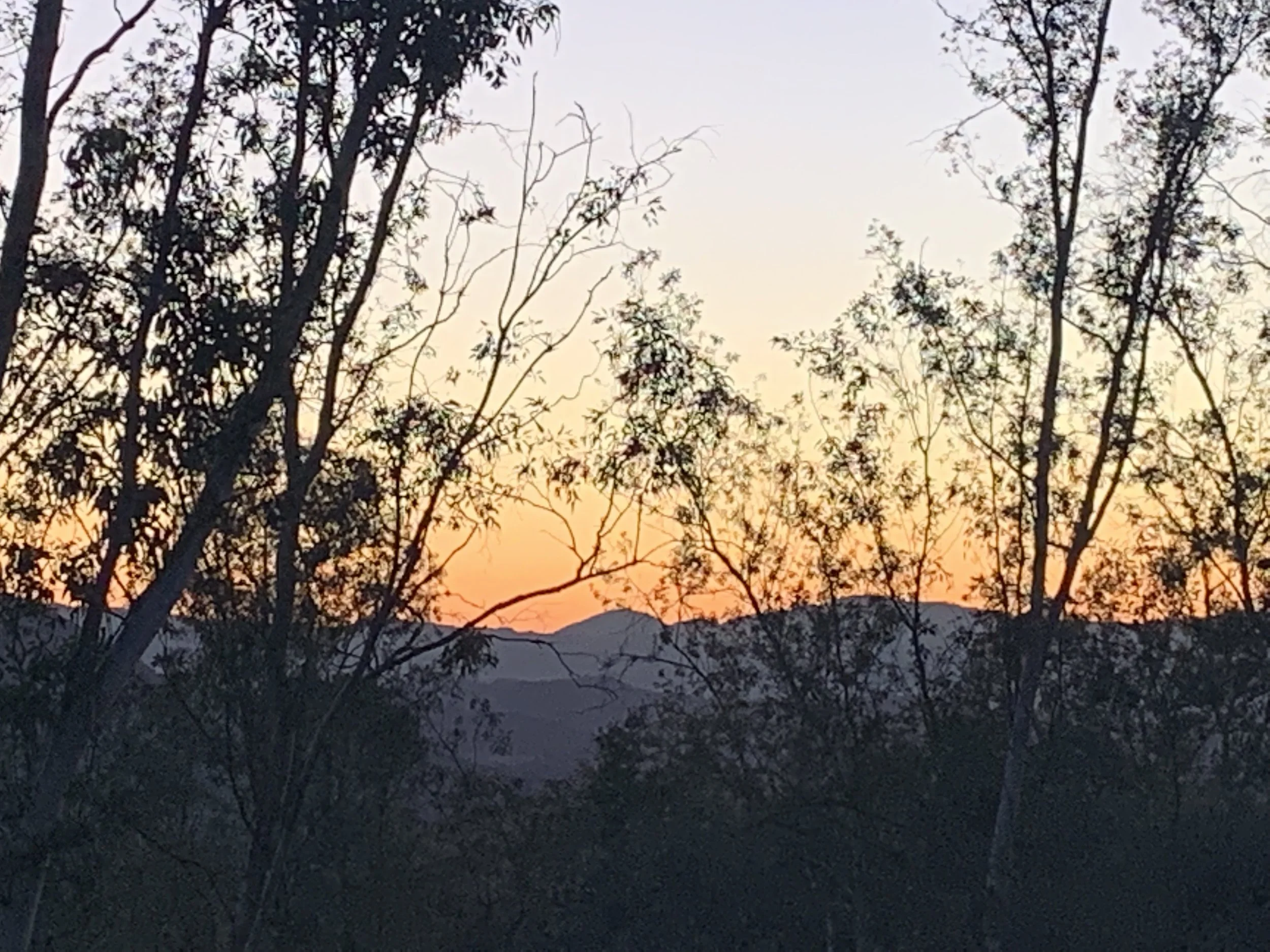
Chapter 24- Fear
As fear cannot allow you to be yourself, how then are you to overcome all fear? How are you to free yourself from all fear whether conscious or unconscious? If you are unconscious of fear, become conscious of it. Become aware of your thoughts and actions and soon you will be conscious of fear. You must be aware of the whole process of the will, of its struggles, its escapes, its miseries.
-
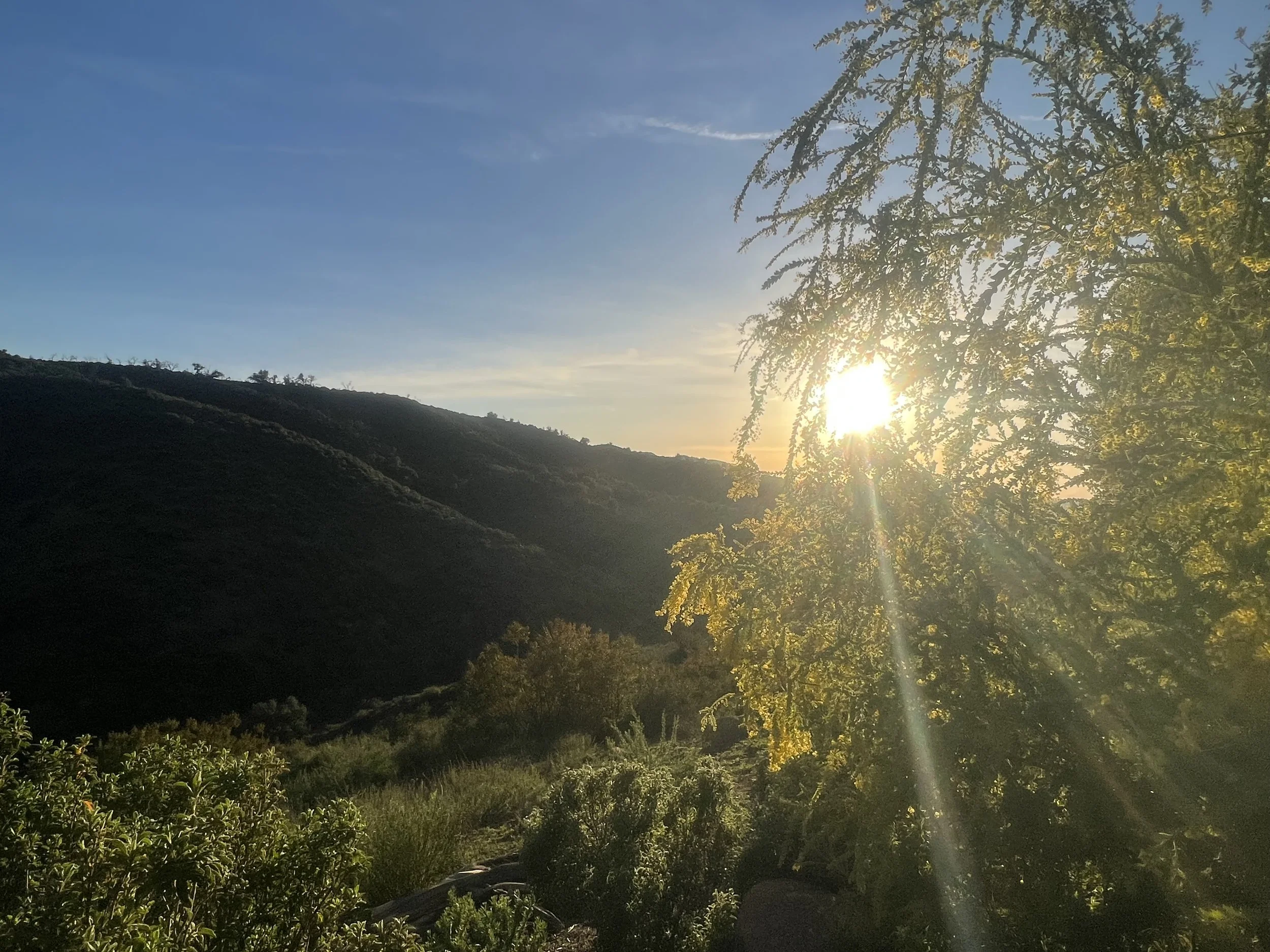
Chapter 25- Limitations
We cannot discover our limitations by analyzing the past. To discover the false standards and barriers of the past you must act with full awareness in the present. In that awareness you discover your hindrances, your enclosures, authorities, creeds, dogmas, ideals, beliefs, opinions, judgments. All these are limitations. Experiment and you will see. Thought can free itself from its own limitations by becoming intensely aware of its own processes, possessive love, and its craving for its own certainty.
-
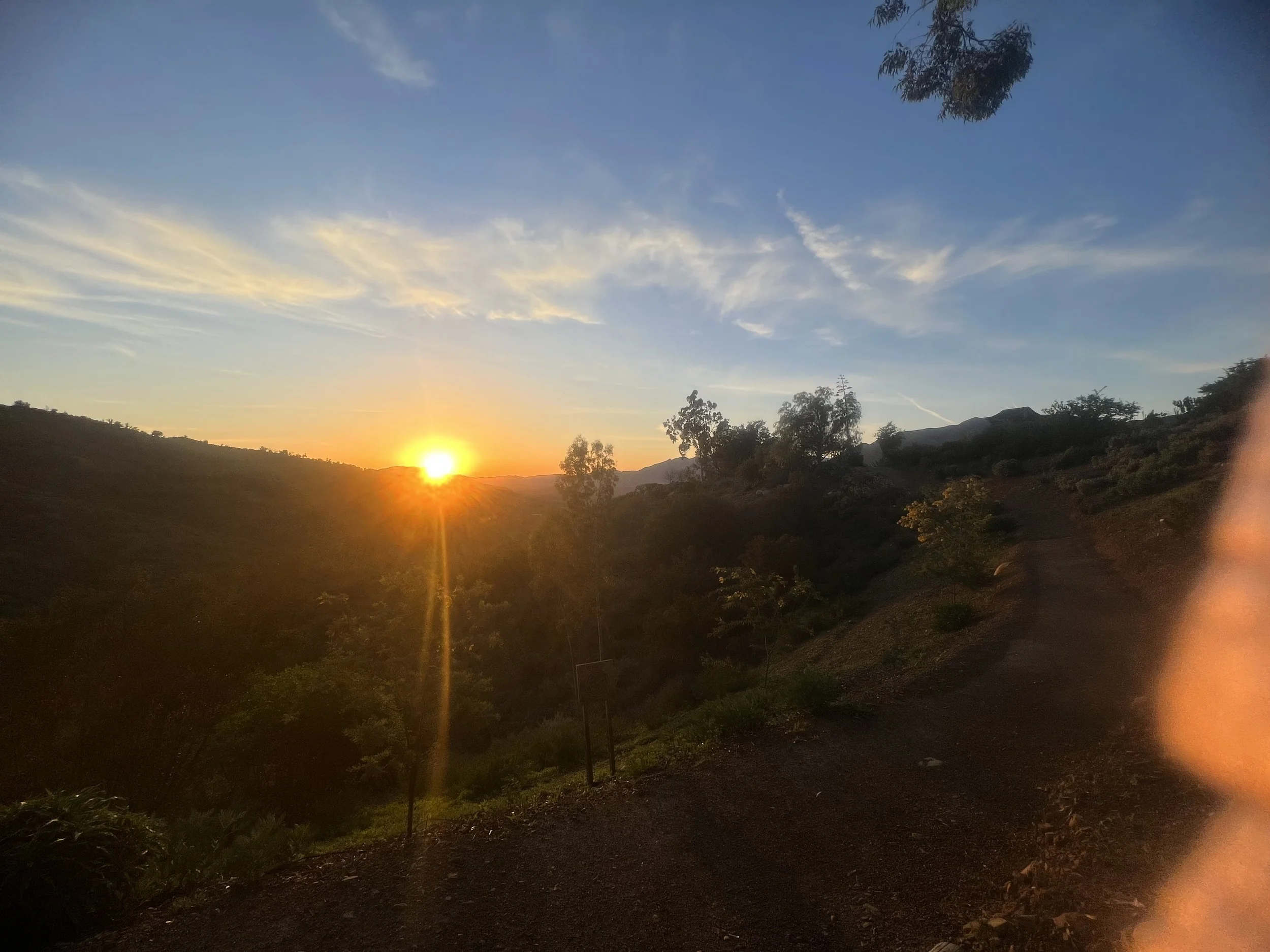
Chapter 26- Desire
Desire is not an emotion; desire is the result of the mind that is ever seeking satisfaction. The motive behind all desire is to be satisfied at any cost. If it is thwarted in one direction, it seeks to achieve its purpose in another. Desire is the motive power behind all effort, by whatever name you may like to call it—success, wealth, righteousness, the good, godliness.
-
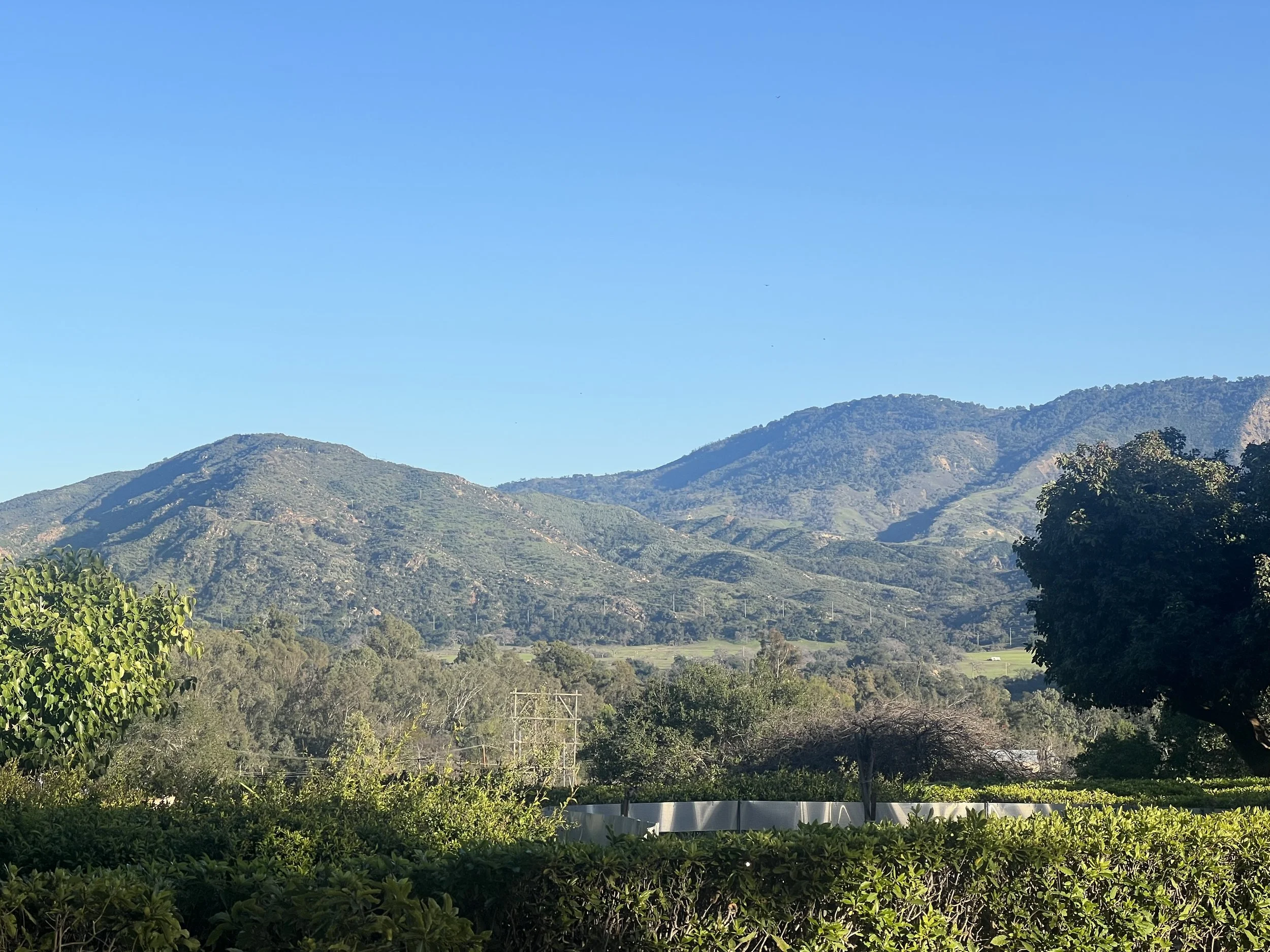
Chapter 27- Acquisitiveness
If we are constantly looking to a future gain, to a future from which we shall derive a vantage, development, greater strength for acquisition, then our action in the present must be incomplete. If our minds and hearts are continually seeking gain, achievement, success, then our minds are concerned only with the future. Hence all action in the present is incomplete.
-
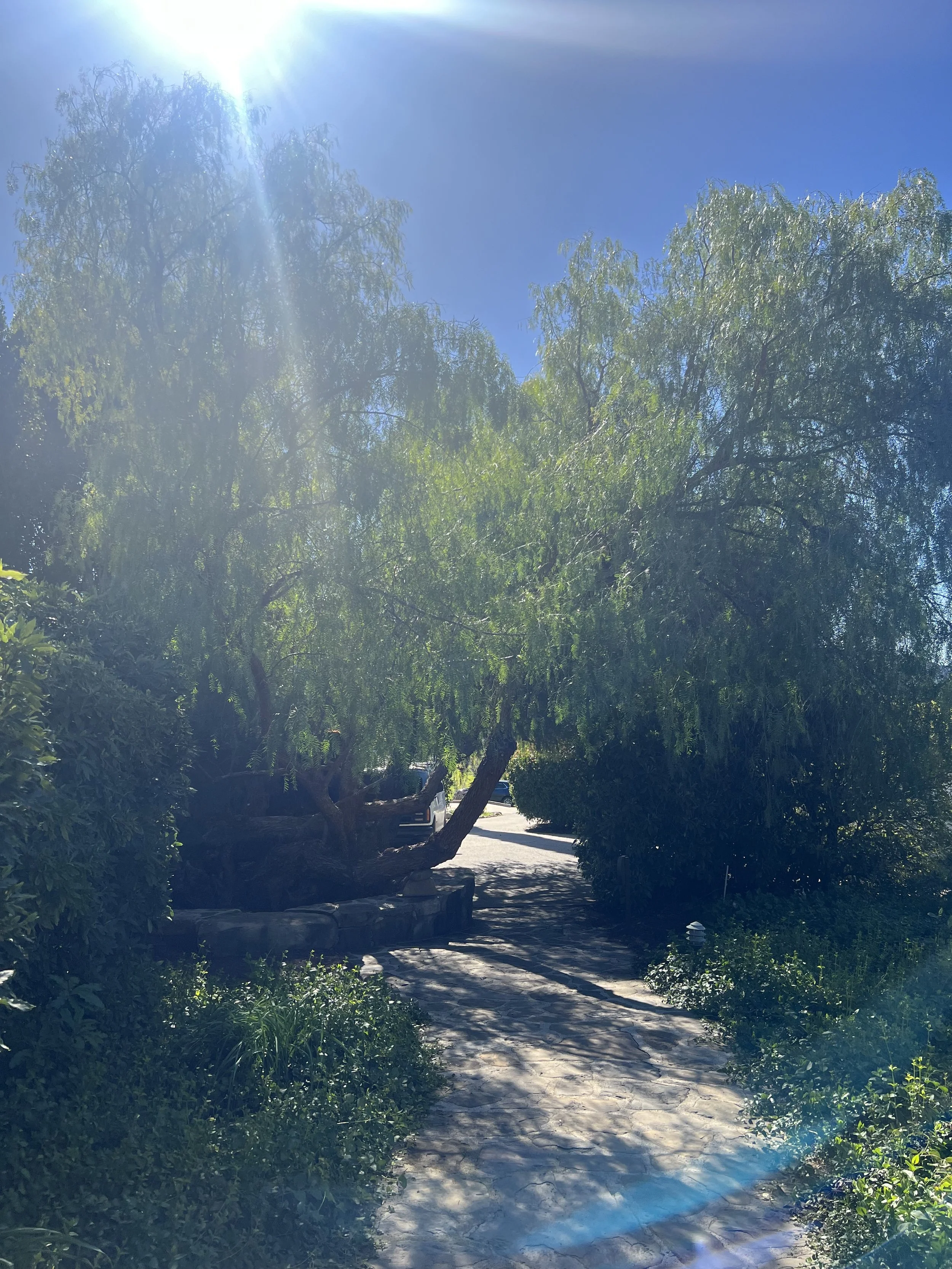
Chapter 28- Attachment
You understand attachment only when the mind and heart are not escaping through the idea of “detachment.” This understanding is not brought about through time, but only through the realization that in attachment itself there is pain as well as transient joy.
-
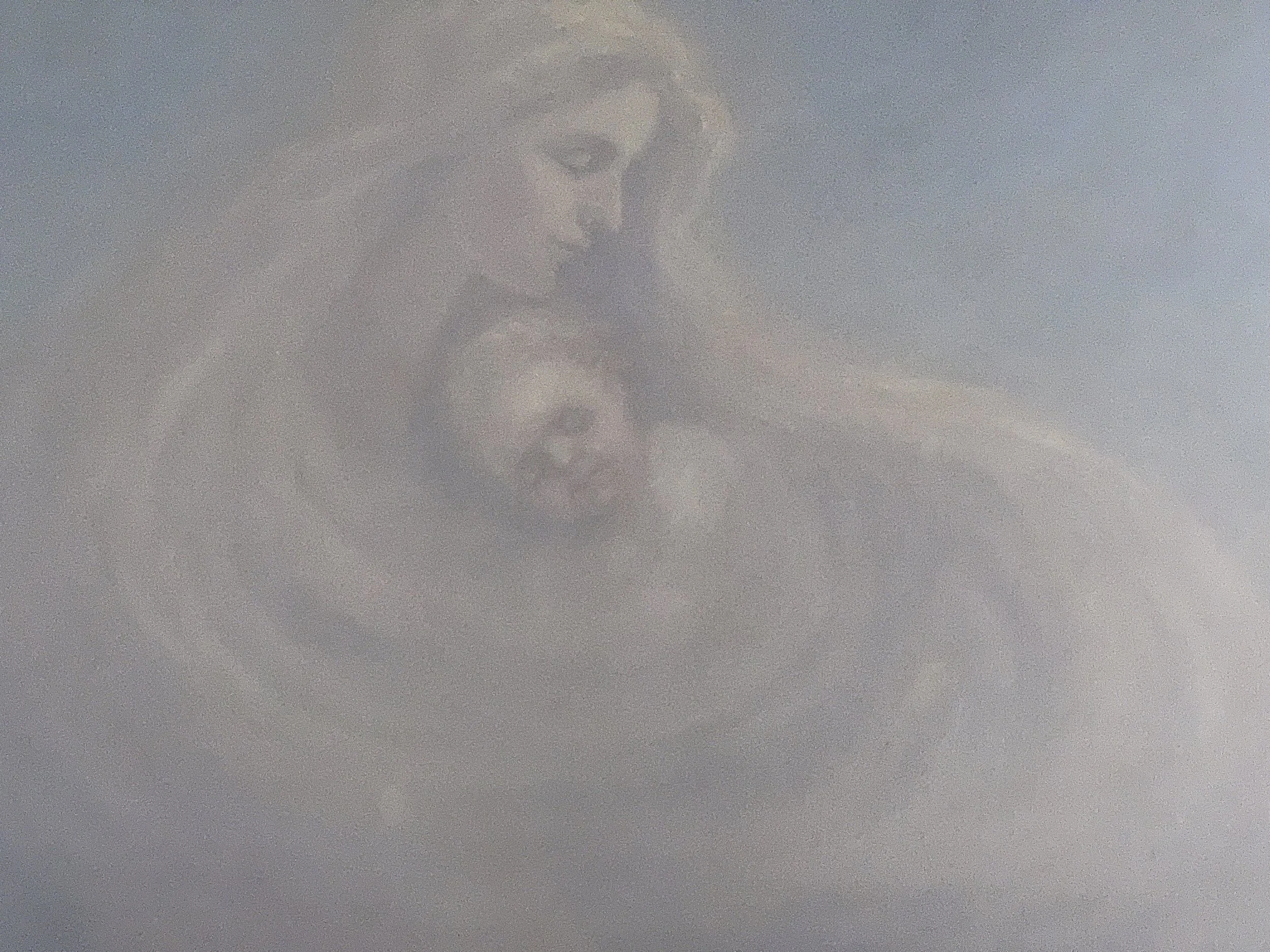
Chapter 29- Will
The will that is born of desire is the will to survive, the will to continue. This will is the very root cause of fear. It is the will that craves, the will that overcomes, the will of success, satisfaction, the will of security.
-
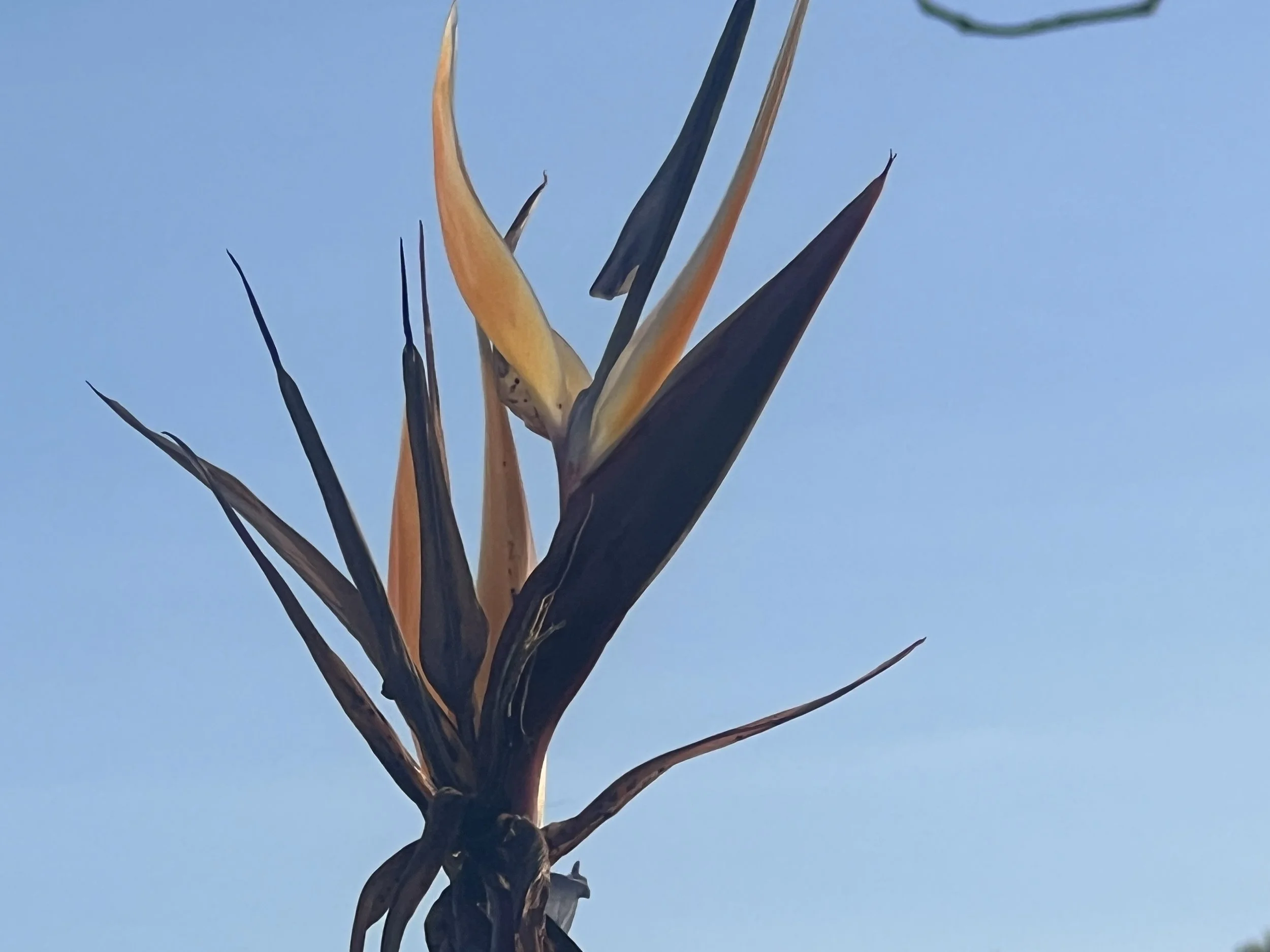
Chapter 30 – Reward
A true artist, a person who really loves his work, does not seek a reward. It is only a person who is not in love with life but in love with “self” who is constantly seeking, in a gross or subtle manner, a recompense or reward for his actions. His actions are born out of fear.
-
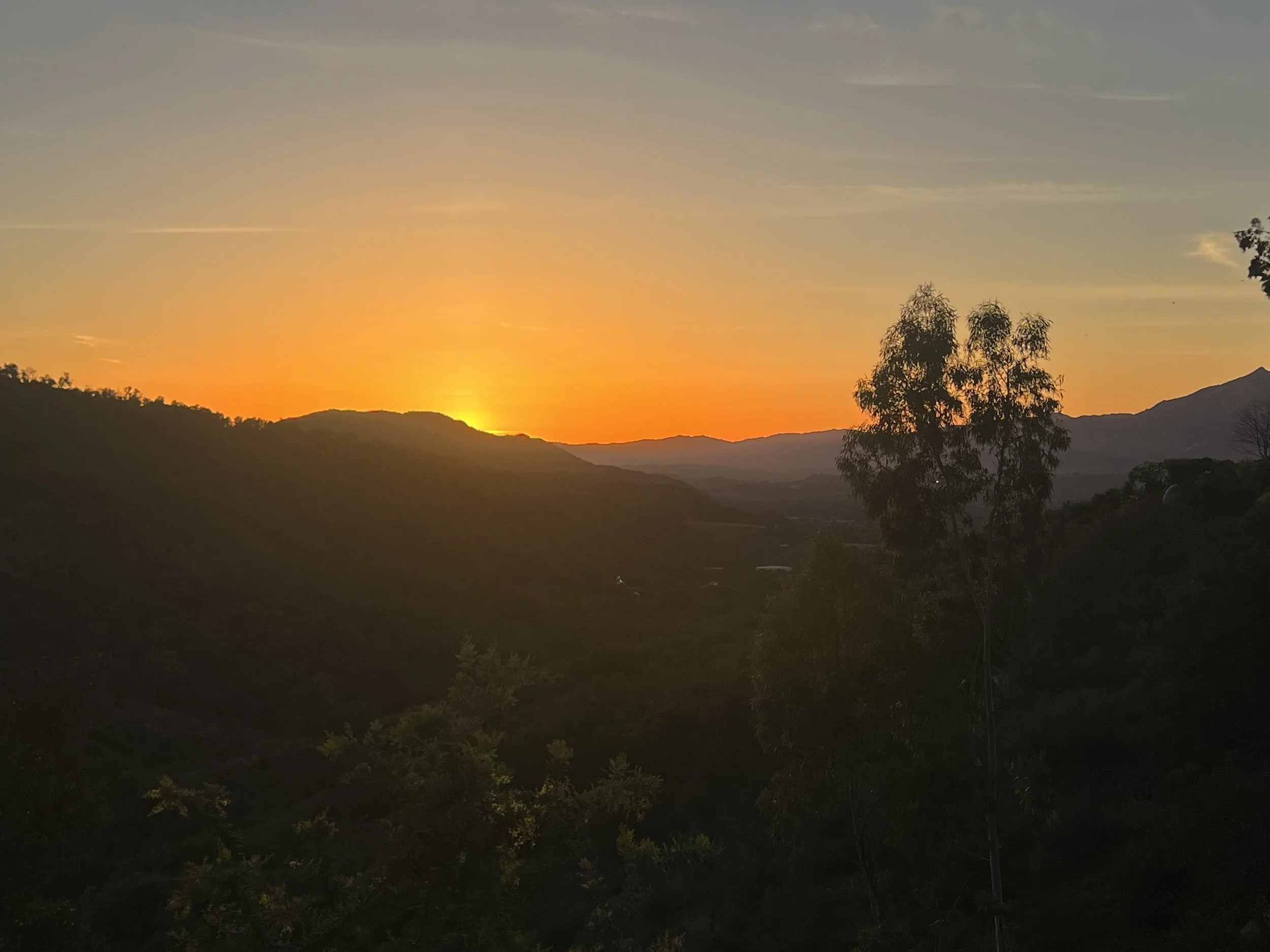
Chapter 31- Choice
A wholly different approach is necessary to comprehend the individuality of man. This approach lies through direct discernment, through action not based on choice.
-
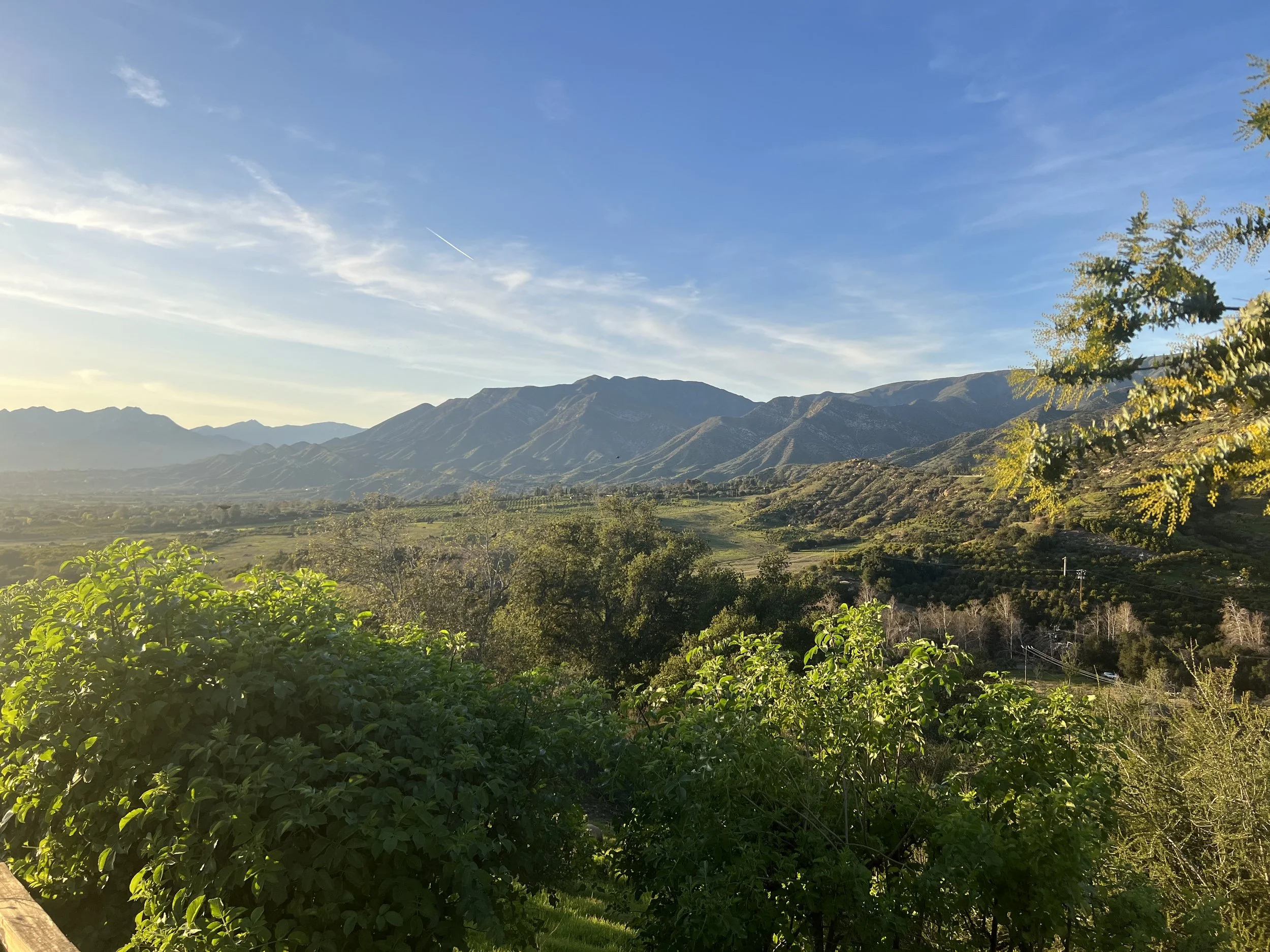
Chapter 32- Beliefs
When you say, “I believe,” you limit thought, and turn belief into a pattern, which guides and conducts your life, thus allowing the mind-heart to become narrow, crystallized, and incapable of adjustment to life and reality.
-
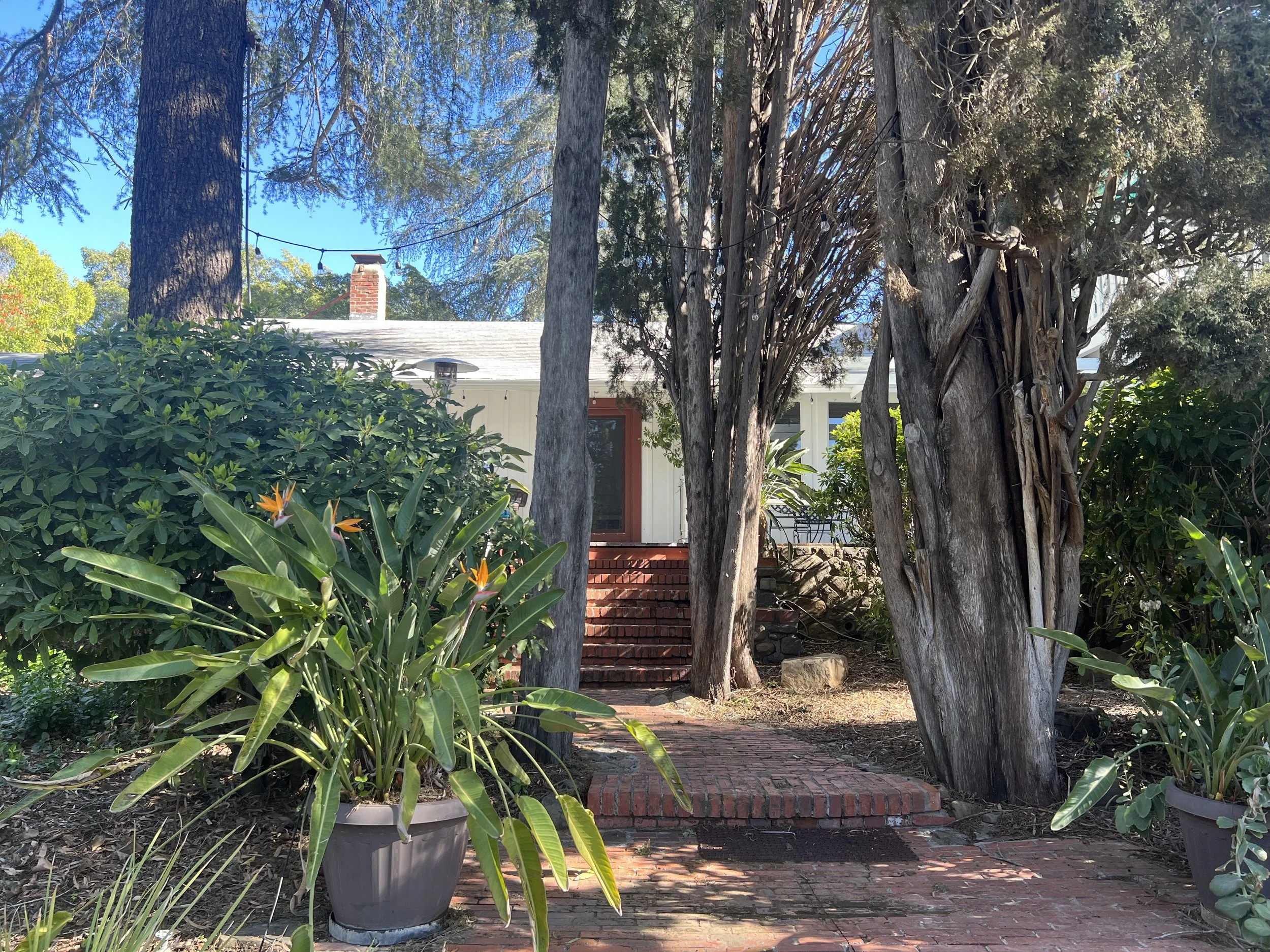
Chapter 33- Morality
When the mind frees itself from this center of limited consciousness, then there comes the exquisite and delicate adjustment of life, which does not demand rules and regulations, but which is consummately intelligent, expressing itself in the integrated action of true discernment. In that awareness, which is the awakening of intelligence, the mind breaks through to the flow of reality.
-
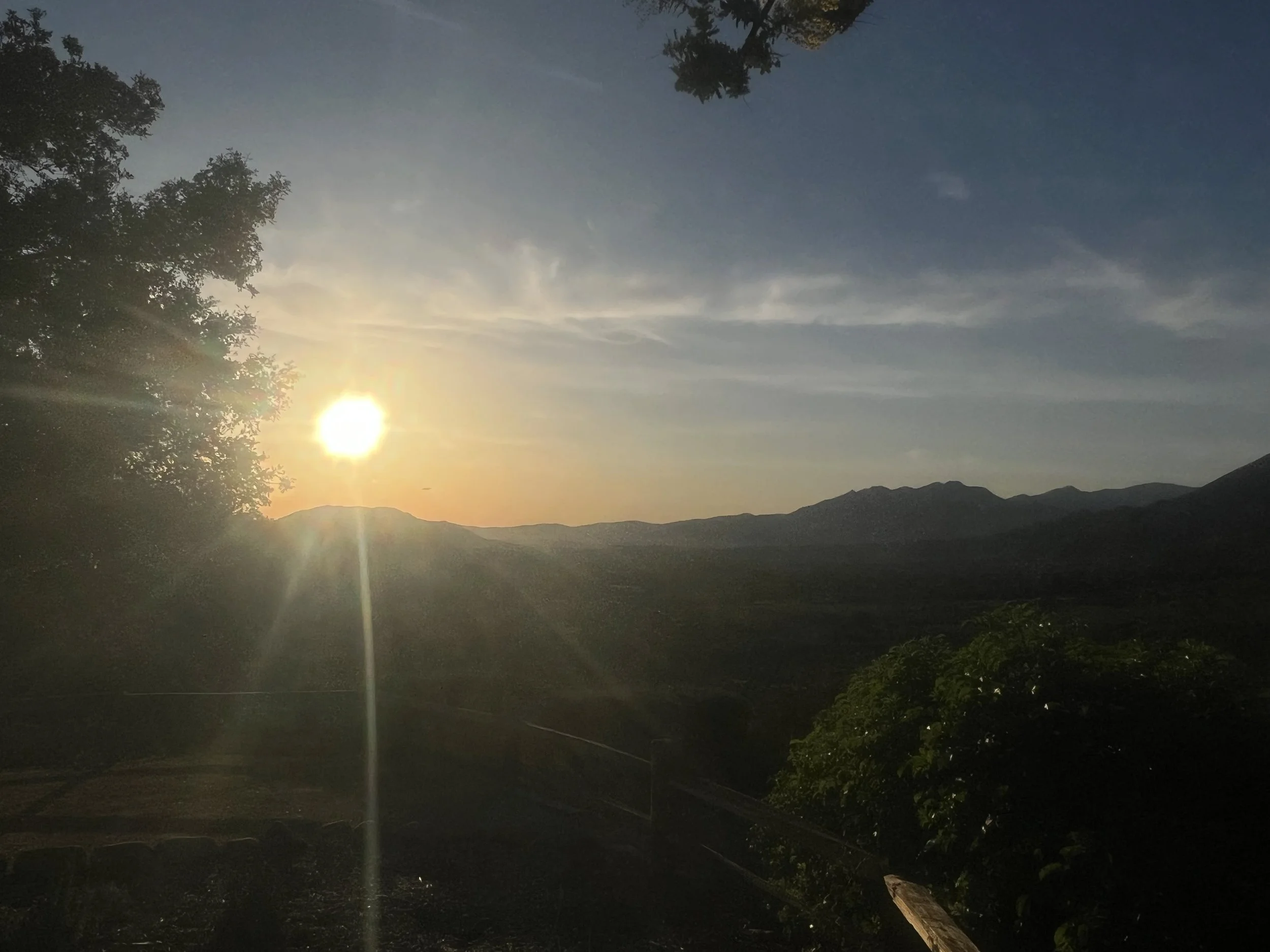
Chapter 34- God
If you understand life, if you grasp the deep significance of living, then life itself is God, not some superintelligence apart from you. But this demands great penetration of thought, not the seeking of satisfaction or explanation.
-

Chapter 35 - Organized Religion
The function of real religion is to uphold what is true. Organized religion, to exist at all, must and does become an adjunct of the state and of the status quo and thereby loses its true function. It becomes another means of oppression and division.
-

Chapter 36- Discipline
Is it possible to discipline yourself in order to become spontaneous? No. Discipline implies a pattern, a mold. All of man’s self-imposed limitations, his disciplines, or self-made resistances act as enormous hindrances to his understanding of life.
-

Chapter 37 -Dependence
When there is dependence there is emptiness, shallowness, insufficiency, and therefore sorrow and pain. The mind, which is intelligent seeks no dependence, no security.
-

Chapter 38- Fact
Intrinsic fact is its own designation and fulfillment. It is intrinsic cause, the means and end. It is action in the now. It has always existed, exists in the present, and will continue to exist. It is without beginning and end. It is incontrovertible, unchangeable, and stands alone, sufficient unto itself. It is devoid of fear, desire, and is without qualities.
-

Chapter 39- Responsibility
So, through the awakening to and the understanding of the false elements of the duality process in ourselves, a new responsibility comes into being. With the significance of new responsibility, the need for right relationship is born.
-

Chapter 40- Needs
So when man becomes conscious of his psychological thoughts and emotions on all levels, he discerns that they are only desire in constant reaction, the constant desire of self-satisfaction. When he becomes conscious that it is desire that manifests as consciousness, whether it be greed, gossip, cruelty, vanity, pride, deceit, or any one of a thousand other negative qualities, when he perceives and knows he is what consciousness is, it is a recognition of fact, a recognition of need.
-

Chapter 41- Creativeness
Creativeness is quite a different state of being. It is a state in which the self is absent, in which the mind is no longer a focus of your experiences, your ambitions, your pursuits and your desires. Creativeness is not continuous state. It is new from moment to moment.
-

Chapter 42- Love
There is only one love. Compassion, forgiveness, generosity and kindness cannot exist if there is no love. Without love, all virtues become cruel and destructive.
-

Chapter 43- Awareness
To be free you must be fully self-conscious, and through that flame of awareness, through that intensity of aloneness, you will come to the realization of that life, which is not inclusiveness nor an exclusiveness, in which there is no distinction and therefore no resistance. Where that understanding exists, there is true individuality, true aloneness—not the aloneness of escape into solitude, but the aloneness that is born of the full comprehension of the experiences of life.
-

Chapter 44- The Art of Living
Living is the harmonious action of thought, emotion and work; when these are in contradiction with each other, then there is suffering, conflict, disharmony. To love and work harmoniously, completely, there must be the highest intelligence. This state is without fear, without exploitation and without seeking a reward.
-

Chapter 45- Truth
Truth is unique. It is complete. Truth is a reality that cannot be understood by following a path, an ideology, a religious doctrine or any system. Wisdom, truth, is in the understanding of the real and living in that reality.
